Our Team
Meet the People of Sova
In a time of unprecedented disruption and evolving challenges within higher education, Sova proudly stands at the forefront, led by a team of experts in education, policymaking, nonprofits, academia, and government.
Our team is the heart and soul of our organization, deeply committed to addressing the pressing pain points faced by the higher education community.
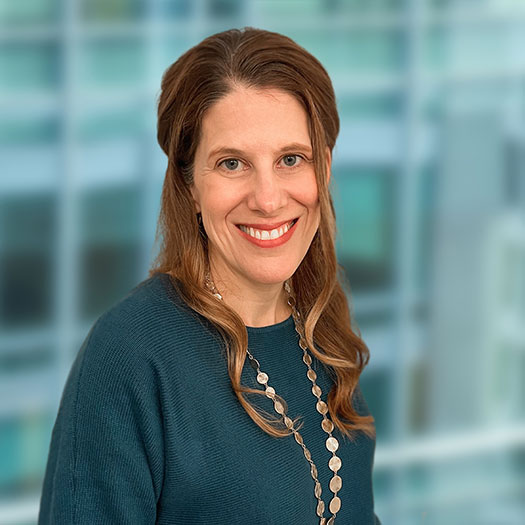
Annabelle Allard
Operations Director
Annabelle is a collaborator, connector and planner who loves to solve problems, create processes and increase operational efficiency. She’s driven to help ensure all students— especially Black, Hispanic/Latinx, low-income, and other students who have been historically denied opportunity — have the opportunity to complete a postsecondary degree and achieve their goals.
Annabelle brings to Sova real-world experience developing, assessing and managing projects and programs aimed at creating significant positive change in lower-income communities. She spent almost twenty years advising federal, state and private sector clients in the affordable housing and disaster recovery fields. Annabelle’s work includes assisting in designing and managing the USDA’s Rural Development Voucher program which provides over 5,000 low-income households with subsidized housing. At Sova, Annabelle works with organizations to help them design and implement operations, create and manage project plans, and develop processes and efficiencies.
Annabelle holds a Bachelor of Arts degree in Government from the College of William and Mary, as well as a Certified Project Management Professional (PMP) certification. The sister, daughter, and granddaughter of educators, Annabelle lives in the Washington, D.C., metro area with her husband and three children.

Marty Alvarado
Partner
Marty Alvarado is a passionate advocate for equity and transformative education, with over two decades of experience driving impactful change across education and workforce development systems. Her career highlights include serving as Executive Vice Chancellor for the Office of Equitable Student Learning, Experience, and Impact at the California Community College Chancellor’s Office. In this pivotal role, Marty provided visionary leadership across the state’s extensive community college system, encompassing 116 campuses and 73 districts. She spearheaded initiatives focused on enhancing teaching and learning, student support services, and workforce development, all aimed at bolstering student outcomes and advancing the system’s Vision for Success.
During her tenure, Marty played a crucial role in shaping state policy and advocating for budget allocations critical to the community college system’s success. She led the implementation of transformative legislative priorities, including Guided Pathways, competency-based education, and reforms in remedial education and funding formulas. In response to the unprecedented challenges posed by the COVID-19 pandemic and societal unrest, Marty swiftly pivoted the system to fully online instruction and support services, ensuring stability and continuity for students and faculty alike.
Marty’s leadership was marked by her unwavering commitment to equity, diversity, and inclusion. She championed systemic reforms that prioritized equitable access to education and supported initiatives fostering economic mobility statewide. Marty’s experience at the helm of California’s community college system underscores her deep understanding of educational policy, program development, and strategic leadership in higher education. Her contributions have left a lasting impact on the landscape of community college education in California and beyond.
Beyond her role as Executive Vice Chancellor, Marty continued to shape the future of education and workforce development as Vice President of PostSecondary Education and Training at JFF. Here, she pioneered inclusive strategies that dismantle systemic barriers and empower individuals from diverse backgrounds. Marty remains a sought-after speaker and advisor on issues critical to education, workforce development, and economic opportunity, driven by her dedication to lifelong learning and equitable access to quality education and training.
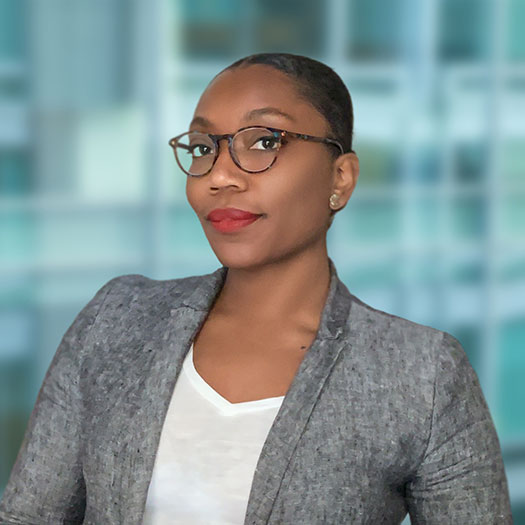
Quintina Barnett Gallion
Consultant
Quintina is a connector and communication strategist. She has a long history of bringing the right people together to build communities dedicated to a variety of social causes, including privacy and data, program integrity, access and equal opportunity, veterans issues, immigration policy, and international policy — all as it relates to higher education.
As head of communication for a major education association, Quintina developed and led the implementation of its communication department, technologies, and strategy for over a decade. As a Sova program manager, Quintina works with organizations around the country to uncover insights using qualitative methods to solve implementation and operational problems.
Quintina traveled the world as a child, changing classrooms, countries, and cultures regularly as an “Army Brat.” She developed a true understanding of the challenges students face through her volunteer work as a Court Appointed Special Advocate (CASA) where she works with foster youth to improve their access to resources, structure their home environment, and ensure they understand positive outcomes are achievable.
Quintina holds an MS in Mass Communication – Communication Strategy from Virginia Commonwealth University, a BS in Business Administration and Sociology & Anthropology from Washington & Lee University as well as a Digital Marketing certification from Georgetown University. She lives and works in Washington, D.C., the lands of the Nacotchtank (Anacostan).
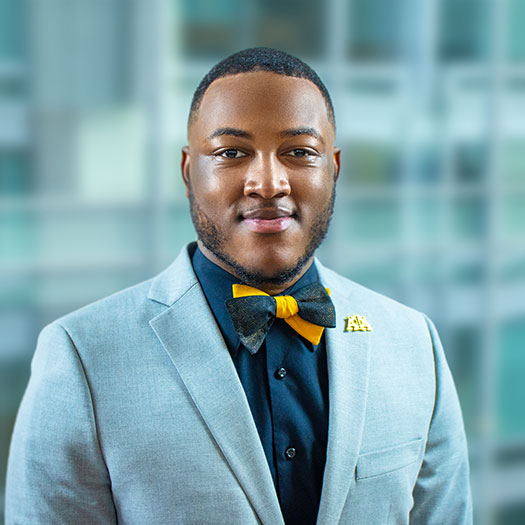
Randy Bumpers
Instructional Designer
Randy specializes in instructional design, learning experience design, and user experience design for organizations that create access to opportunity and upward social mobility for marginalized populations.
Randy has served as a Learning Experience Designer consultant for the American Association of State Colleges and Universities (AASCU) where he developed programs that help institutions transform toward equitable student success outcomes. Randy has also worked as a consultant for the Frontier Set HBCU Intermediary Team to deliver effective learning experiences at their Men of Color Conferences. Randy is co-founder of The Giving Access to the People (GAP) Project, a program that aims to bridge the gap between K-12 and higher education by partnering with both public K-12 schools and post-secondary institutions, activating post-secondary students to mentor in local public schools and expose public school students to college going culture. He also serves as a member of the Culture, Learning and Technology Divisional Board for the Association of Education, Communication and Technology (AECT).
Randy is a first-generation college graduate from a rural Alabama town. He has witnessed many of the experiences of minority and first-generation students. From those experiences, Randy has devoted his career to creating access for all people, especially students and learners who are first-generation and racially-minoritized.
Randy earned his BA in Mathematics and MS in Instructional Design and Development from the University of South Alabama.
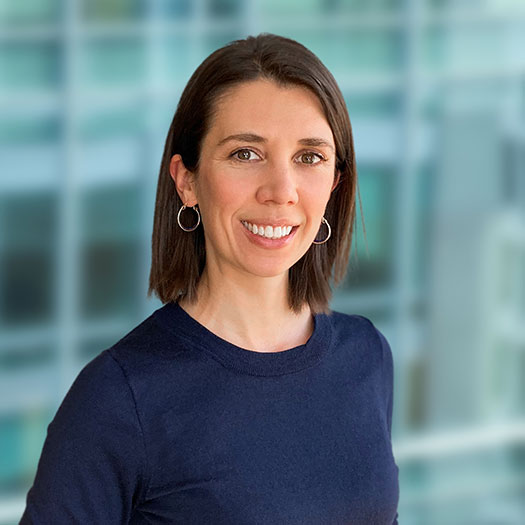
Emily Cole
Project Director
Emily is an analyst at heart, and is happiest when she can apply her analytical background and desire to dig deeply into complex issues for social good.
Emily has worked as a researcher and strategy consultant focused on higher education and adult learning over the past 10 years in roles with Sova, Strada Institute for the Future of Work, Tyton Partners and as an independent consultant. She started her career as an investment banking analyst with J.P. Morgan, and found her way to education as an Investment Analyst at the International Finance Corporation, the private sector arm of the World Bank Group. In that role, Emily was able to apply her analytical skills to social impact focused projects for the first time. Through education projects in Latin America and Asia, Emily was exposed to different models of education and gained perspective on the impact of accessible, quality education on individual and societal outcomes.
Emily holds a BBA from the Ross School of Business at the University of Michigan. She resides in northern Michigan, where she is grateful to be able to help on her family farm, cook and eat good food, and hike with her partner and puppy in between Zoom calls.
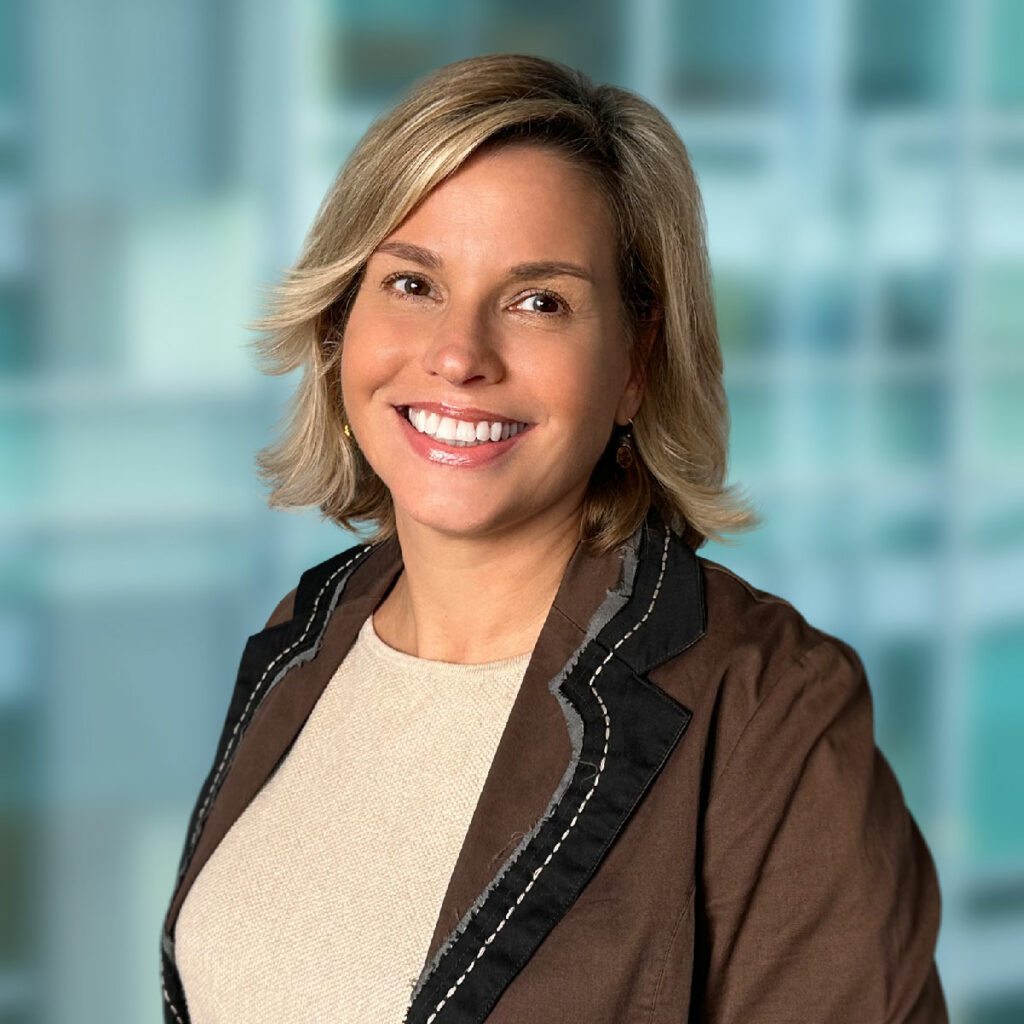
Lara Couturier
Partner
With over 20 years of postsecondary experience, Lara’s work and passions focus on ensuring equitable recognition of learning and career outcomes, particularly for Black, Latine, Indigenous and Asian Pacific Islander Desi American students and learners from low-income backgrounds.
Lara brings a keen understanding of the power of policy and advocacy for transformation, as well as the hard work needed on the ground to advance institutional change. Over the course of her career, Lara has been deeply engaged in both policy and implementation work for some of the most promising areas of reform, including guided pathways, developmental education redesign, and transfer and learning mobility.
Lara continuously seeks to build her equity skills through a variety of strategies including pursuing training and professional development; intentionally working on projects with mentors who can challenge and stretch skills; serving on councils and committees focused on race, power and privilege; and maintaining a robust schedule of reading, attending learning sessions, and engaging in self-reflection.
Her previous work experience has included serving as a principal at HCM Strategists; a director at Jobs for the Future; and the interim principal investigator for the Futures Project at Brown University. In those roles, Couturier has fundraised for and managed multi-million dollar portfolios, supervised teams of staff and served on organizational leadership teams. Lara holds a certificate in equity coaching from the National Equity Project; a certificate in Mindful Outdoor Leadership from Kripalu; a Ph.D. in history from Brown University; a master’s degree from the Harvard Graduate School of Education; and a bachelor’s degree from the University of Richmond. She lives and works on Pokanoket land in Rhode Island, where she is on a journey to explore the connections between postsecondary education, mindfulness and care for the planet.
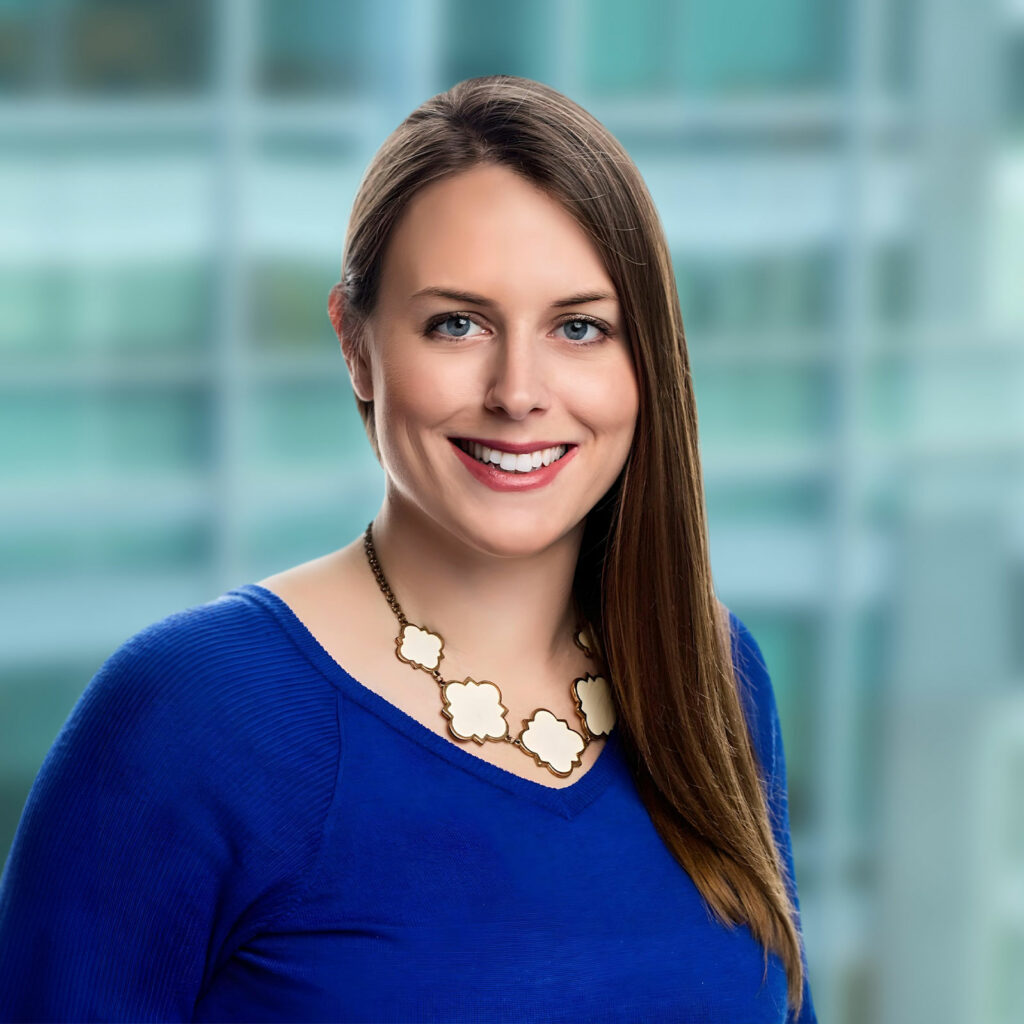
Lauren Dibble
Project Director
Lauren Dibble is a seasoned strategist, researcher, and systems thinker with 15 years of experience and expertise in education and technology. She has worked as both an operator and consultant and is passionate about aligning the education/workforce systems and structures of today to meet the economic and societal needs of tomorrow.
Lauren has worked broadly across the education and talent ecosystem, having led 50+ strategy consulting engagements across her time at Tyton Partners, Entangled Solutions, and as an independent consultant, driving strategic insights and growth for her clients. Lauren has a particular interest in impact and outcomes measurement, having managed a team at Guild responsible for assessment and quality assurance of Guild’s Learning Marketplace.
Lauren also spent five years on staff at Northeastern University where she launched a venture mentoring network for student and alumni startups and led marketing and communications for the Center for Entrepreneurship Education. She began her career in tech PR, supporting Global Fortune 500 technology clients at Weber Shandwick. Lauren holds a BS in Business Administration and a MBA from the D’Amore-McKim School of Business at Northeastern University.
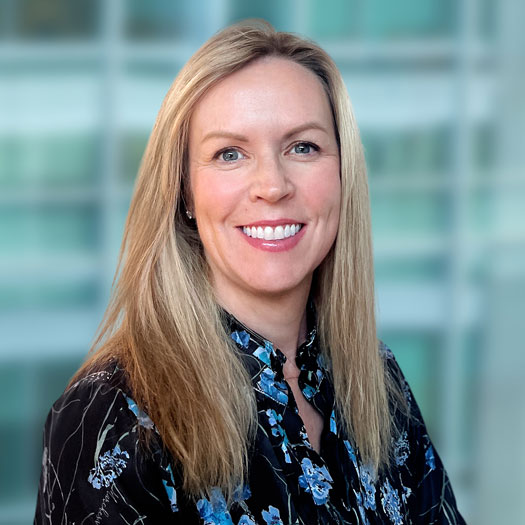
Kelley Evans
Project Director
Kelley is a skilled facilitator with a passion for exploring and advocating for methods that create equity-focused transformations in higher education that better serve all learners and workers. A results-driven leader with over two decades of experience in higher education, Kelley’s expertise lies in creating and implementing partnerships and strategic initiatives at the local, state, and national level that center students and meaningful outcomes.
In her previous role as director of the Student Success Center Network at Jobs for the Future, Kelley spearheaded a national network of seventeen state Student Success Centers serving over 500 community colleges and 1.4 million students. Leading the JFF team, she guided Centers across the country in scaling evidence-based student supports with a focus on adult learners, holistic student centered design, and equitable pathways to transfer, completion, and the workforce. Kelley fostered collaboration and innovation within the network, providing strategic guidance, needs assessments, and professional development to enhance postsecondary systems and institutions.
Kelley’s background also includes extensive experience in higher education, including fourteen years as a faculty member and department chair at Brunswick Community College. There she developed a deep understanding of the persistent inequities found in our education systems as well as challenges specific to rural institutions. In addition, she served as the North Carolina Community College System English SME, guiding a state-level shift to corequisite remediation. Most recently, she served as a consultant for the Belk Center for Community College Leadership and Research, where she co-developed and facilitated a comprehensive leadership development program for mid-level leaders in the North Carolina Community College System. Kelley is a published author and has presented her work at numerous conferences.
Kelley holds a Ph.D. in Literacy, Culture, and International Education from the University of Pennsylvania, where her research focused on literacy and identity, reflective practice, social justice education, and culturally relevant pedagogy. She earned an M.S. in Child Development from the Erikson Institute and a B.A. in Psychology from Transylvania University. Kelley feels very fortunate to live near the ocean in coastal Wilmington, NC with her husband and two boys.
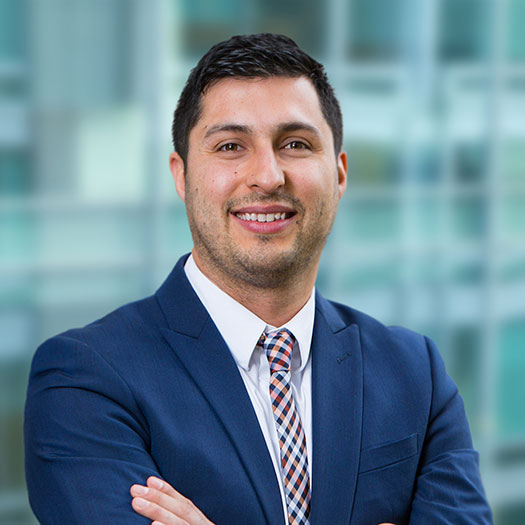
Ismael Fajardo
Senior Evaluator
Ismael Fajardo, PhD, is an adjunct faculty in the College of Education at the University of Washington and serves as the lead researcher and evaluator at the City of Seattle Department of Education and Early Learning.
His research examines the P-20 STEM pipeline for underserved student populations, specifically secondary preparation and postsecondary transitions, retention, and achievement. He uses quantitative and qualitative research approaches to understand the conditions that create accessible and equitable environments in order to inform local, state, and national policy. He currently teaches assessment and evaluation in higher education. His former UW projects include the Brotherhood Initiative and the Equitable Parent-School Collaboration.
Dr. Fajardo received his M.Ed. and Ph.D. in educational leadership, policy, and organizations from the University of Washington, B.A in Foreign Languages, Cultures, and Literature from Washington State University, and A.A. degree from Spokane Falls Community College. He was born and raised in the Yakima Valley of Washington State, and a proud graduate of Grandview High School.
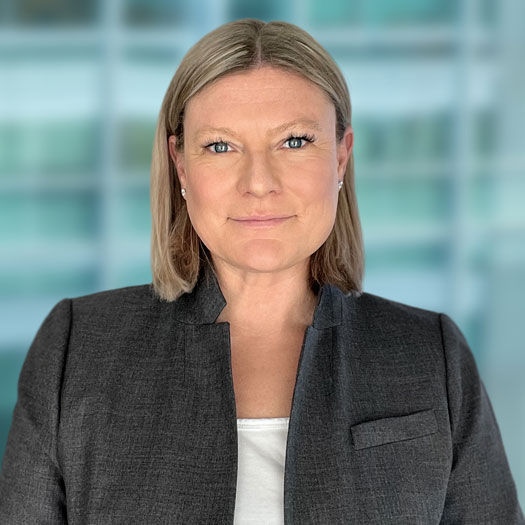
Leslie Fischbeck
Project Manager
Leslie Fischbeck is a highly experienced problem solver with over 20 years of proven success in managing and executing projects across the nation. Specializing in operations management for the past decade, Leslie has developed a reputation for driving organizations toward operational excellence. She is a strategic leader known for ensuring that projects are completed on time, within budget, and to the highest standards.
With expertise in resource allocation, quality control, and financial management, Leslie consistently builds efficient systems and processes that deliver measurable results. Her skill set spans across invoicing, budget oversight, and financial reporting, ensuring that every dollar is spent wisely to maximize project impact. She is also well-versed in website management, public meeting facilitation, and the development of strategic plans that facilitate effective stakeholder communication and alignment.
Leslie has a strong focus on student success, credit mobility, and transfer work, including that for adult learners. She is passionate about creating systems that empower educational institutions to support their students effectively and efficiently. Whether overseeing the development of new programs or helping organizations streamline their existing operations, Leslie delivers results that drive client growth and ensure long-term project success.
A Navy brat who lived in multiple countries during her childhood, Leslie’s global upbringing gave her a unique perspective on adaptability, cultural awareness, and communication. These experiences have shaped her ability to navigate diverse environments with ease and empathy. After spending several years in Washington, DC, where she worked with both the public and private sectors, Leslie gained valuable insights into the complexities of large-scale operations and strategic partnerships. Now based in Carbondale, Colorado, Leslie enjoys the balance of small-town charm with proximity to the outdoor adventure and creative community of the Roaring Fork Valley. She earned her bachelor’s degree from Washington & Lee University, where she developed a strong foundation in both analytical and interpersonal skills that have shaped her professional journey.
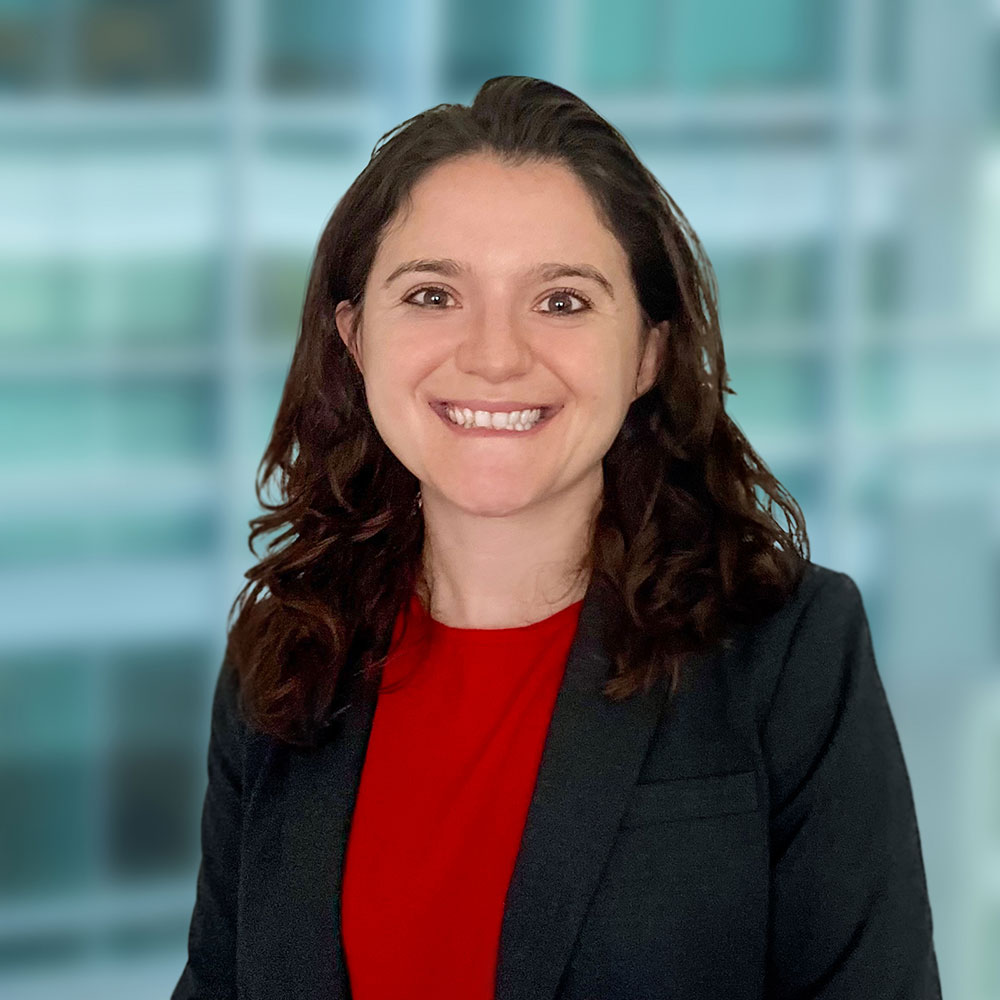
Chelsea Giller
Project Manager
Chelsea is passionate about solving the knottiest problems in higher education. She is a strategic thinker who uses the levers of business and policy to enable more students to reach their potential.
She started her career in manufacturing, where she learned the fundamentals of operations, project management and continuous improvement. To deepen her impact on an industry she cared about, she pivoted to a strategy role at the textbook publisher, Cengage Group. At Cengage, she spent four years improving internal operations and serving as the connector between the strategy and regulatory teams, helping them translate federal and state policy into strategic business decisions.
Chelsea lives in Ann Arbor, MI. She is a master’s student at the University of Michigan, where she will graduate with her MBA and MPP in 2026. In grad school, she loves that she gets to approach the complicated financial, social, and ethical dilemmas of our society through the lens of higher education. During the summer of 2024, Chelsea interned in the Office of Postsecondary Education at the Department of Education in Washington, D.C., where she helped the policy teams analyze and respond to public comments on current federal regulations. Chelsea also holds a B.S.E. in Chemical Engineering from the University of Pennsylvania.
When she is not doing schoolwork, Chelsea is an avid runner — she loves to run while listening to podcasts about education, business and culture. She is also lucky to be able to learn from her incredible friends in grad school every day.
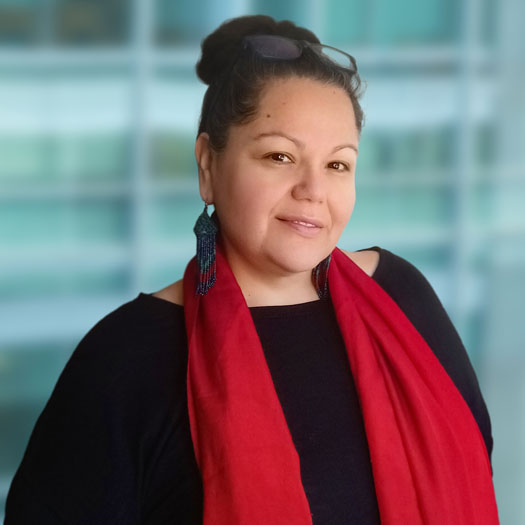
Verónica (Vero) Guajardo
Partner
With over 25 years of experience in K-12 higher education systems, civic and non-profit sectors, Vero’s personal and professional work is always framed with the lens towards addressing inequity and expanding access and success, with a commitment towards results-based, data-informed, and equity-focused access for systems change.
She has robust educational program management experience across various states, directly serving students in multiple practitioner roles including STEM education, advising, completion, outreach, and recruitment. In addition to research, Vero also has years of teaching experience at the community college and university level, as well as experience in legislative advocacy and policy advisory.
Experienced with state-wide and multi-state strategic planning and fund/grant development and management, she has deep fiscal experience with oversight of multi-million dollar budgets and budget development with federal, state, foundation, and corporate funding.
She has done this work with various funders, settings, and institutions, including Seattle Public Schools elementary, K-8, middle, high schools, community college, community health centers, and community-based organizations and nonprofits, and most recently with the City of Seattle. In her current role, she is vice president of educational programs for a Washington-state-based educational non-profit.
Vero is a proud community college transfer student with a BA in Literature from the University of California, Santa Cruz, an MFA in Creative Writing (bilingual) from the University of Texas, El Paso, and an MSIS and Ph.D. in Information Science from the University of Washington, Seattle, with a research focus on undocu-students in higher ed and their technology use, information behavior, social media usage, and network development.
She lives/works in south King County, the ancestral land of the Coast Salish People, specifically on Duwamish (dxʷdəwʔabš) Land.
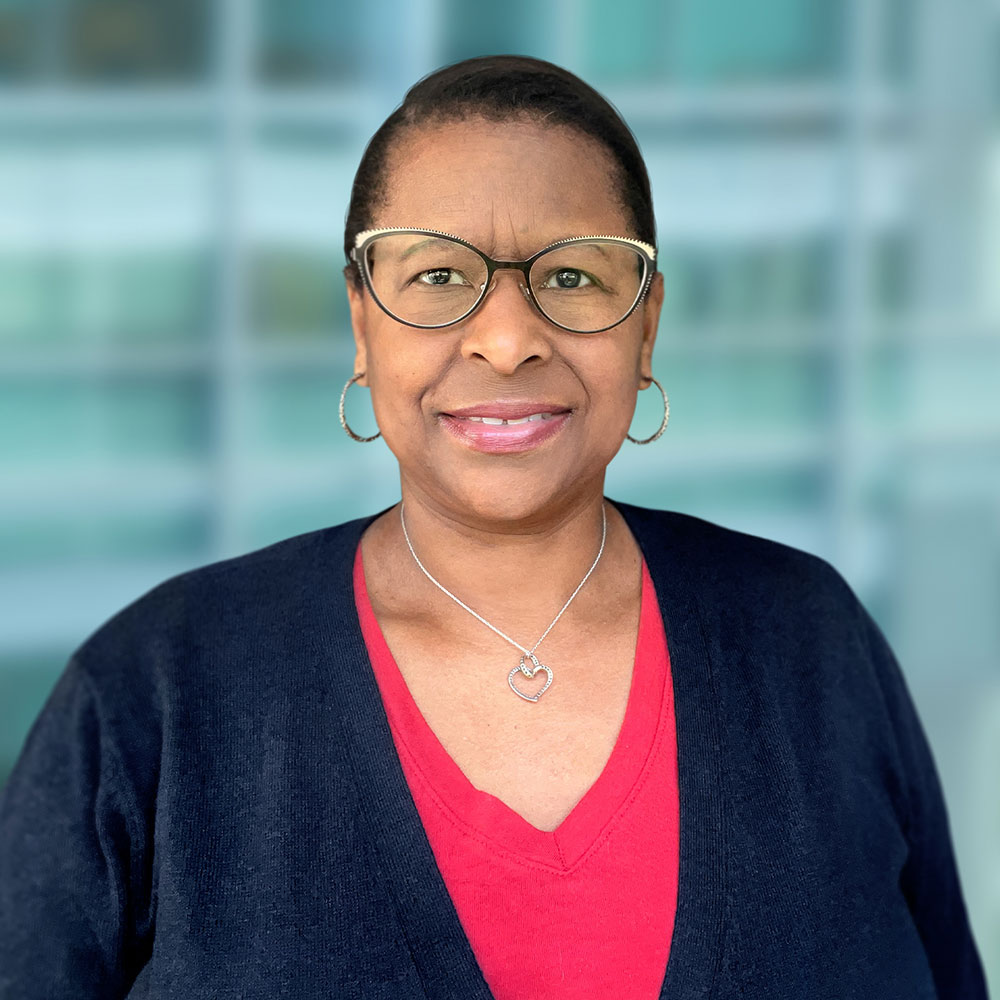
Jennifer Johnson
Project Director
Jennifer has a love for student-centered work, and she is committed to understanding and improving systems that will provide equitable educational experiences for learners. Drawing from her experiences as a team coach for Leading from the Middle, a project-based leadership academy, Jennifer recognizes positionality on a team and employs strategies to foster inclusive opportunities for all team members. In all of her project roles, she is focused on the process of relationship building, breaking down silos, and elevating team members.
Jennifer recently retired from Bakersfield College and brings to the team more than 31 years of experience in higher education. During her tenure, she served in both local and state leadership roles including the BC Department Chair for Nursing, faculty co-chair of the BC Curriculum Committee, and faculty member of the BC Guided Pathways Implementation Team. She led several key college initiatives such as Credit for Prior Learning, Noncredit Curriculum, Competency-based Education, and Program Pathways Mapper (PPM). She was also a member of the Academic Senate for California Community Colleges (ASCCC) legislative committee and was an ASCCC-appointed member to the California Community Colleges Curriculum Committee (5C).
Her most recent work focuses on creating opportunities for intersegmental engagement to develop four-year (2+2) degree maps using the PPM. She strives to model collegial and collaborative interactions embracing the principles of compassion, empathy, and grace.
Jennifer lives in Tennessee with her husband and two doodles where she enjoys all things outdoors.
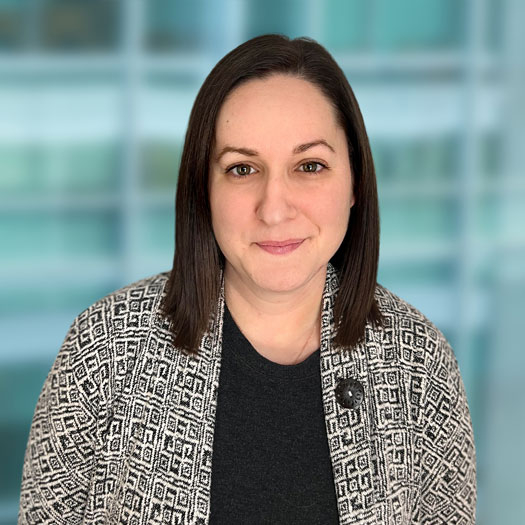
Tina Jones
Operations Analyst
With nearly two decades of experience in operations, Tina has had the privilege of working with a diverse range of businesses, from startups and solopreneurs to Fortune 10 companies. Her passion lies in organization and operational support.
Throughout her career, she has dedicated herself to supporting business owners and upper-level management in achieving sustainable growth, enhancing productivity, and improving overall effectiveness. This experience has led her to own and operate two businesses of her own. As a first-generation college student, Tina holds a bachelor’s degree in Business Management with a minor in Human Resources.
She currently lives in New Hampshire with her two children and a constantly evolving mini farm. Outside of work, she can be found spending time with her kids, traveling for gymnastics, or engrossed in a jigsaw puzzle.
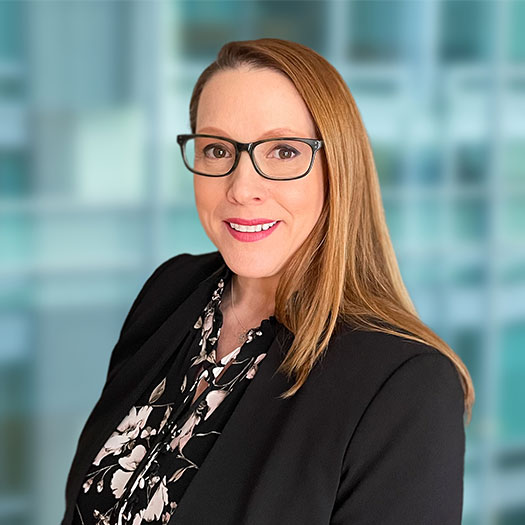
Alison Kadlec
Senior Partner
Alison Kadlec is passionate about leveling the playing field for today’s students.
Over the last 20 years, Alison has worked deeply with systems and institutions in more than half the states in the U.S. to help leaders at every level strengthen the will and skill required for genuinely student-focused reform of policy and practice at scale. Alison also leads work with state policymakers and regional coalitions to improve the quality of policy design and implementation planning. From coordinating statewide work to providing one-on-one executive coaching, Alison works at multiple levels to help people strengthen their resolve and capacity to lead real student-focused change.
Before co-founding Sova, Alison was a Senior Vice President at Public Agenda where she led higher education and workforce projects focused on elevating student voice, improving faculty engagement in guided pathways, and helping institutions collaborate across boundaries on student-focused innovation. Alison began her career as a visiting professor in a variety of four-year university settings in Minnesota and New York, and she credits most of her skills to the years she spent bartending to fund her education and supplement her adjunct salary.
Alison is the author of a book about the enduring relevance of John Dewey and has published in a variety of settings inside and outside higher ed on topics ranging from public deliberation to the public purposes of play. She holds a Ph.D. in political science from the University of Minnesota and BAs from Michigan State University in Political Theory, Constitutional Democracy and English Literature. She lives and works on Anishinaabek land in Northwest Michigan, where she’s learning about life from her family, her community, and nature.
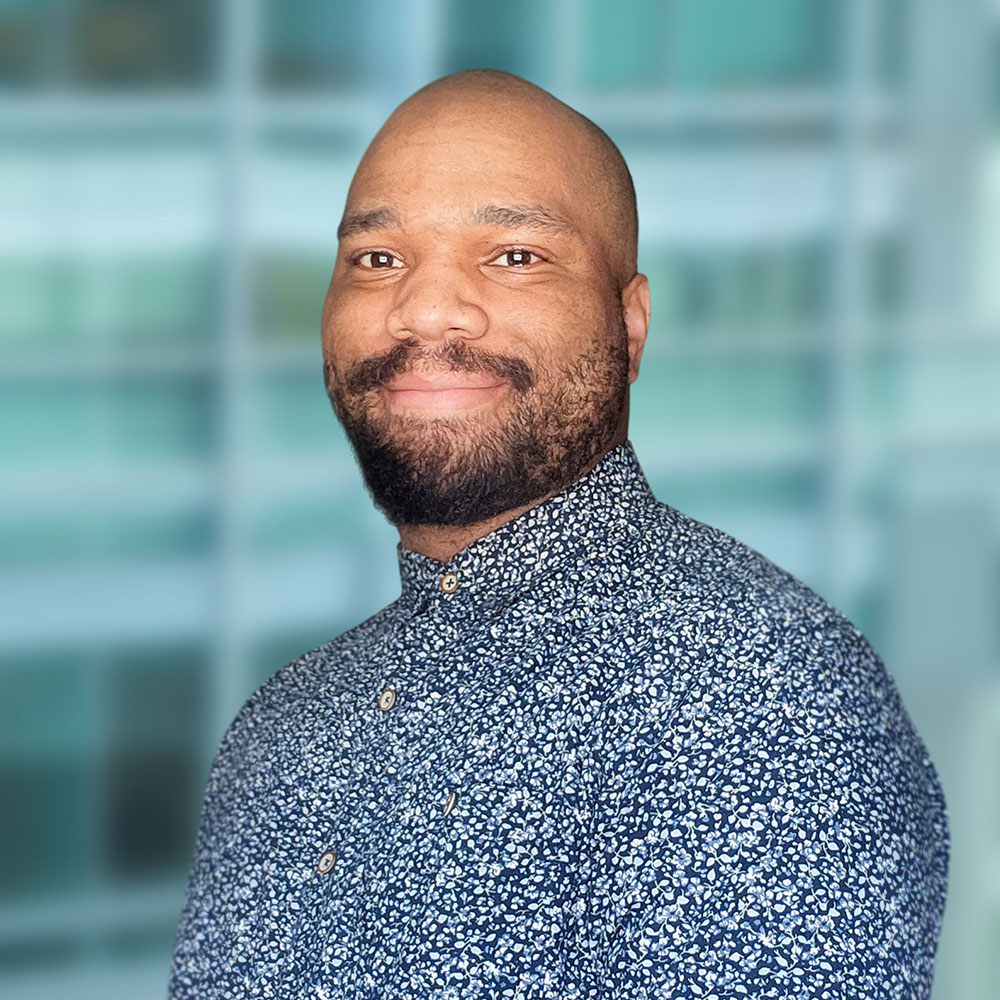
Ian Kimble
Lead Software Developer
Ian is an accomplished and innovative software engineer with over five years of extensive experience. Prior to joining Sova, he has worked in the financial equity and digital literacy spaces where he actively leveraged his technical skills to drive positive change and empower underserved communities.
As an engineer with Sova, Ian brings his technical expertise in computer programming and problem-solving to drive innovation and develop advanced digital tools for the Sova team and its partners. His ability to navigate complex technical challenges and adapt to evolving digital landscapes enables him to play a pivotal role in creating a wide array of user-friendly and impactful digital tools that propel the Sova mission forward.
Ian’s commitment to technical excellence and community involvement is evident in his active participation in a Philadelphia non-profit organization called Black Tech Philly. Through this educational initiative, Ian and other like-minded engineers provide the city’s youth with access to technical education tools, resources, and opportunities to aid them in navigating into careers in technology. Ian also actively participates in a variety of digital equity initiatives. He has been recognized by several media outlets and received the Technical.ly Philadelphia RealLIST Engineer Award in 2022.
Ian is currently based in Philadelphia, Pennsylvania where he collaborates closely with educators and community organizers to innovate and implement solutions aimed at ensuring equitable access to technical education for all.
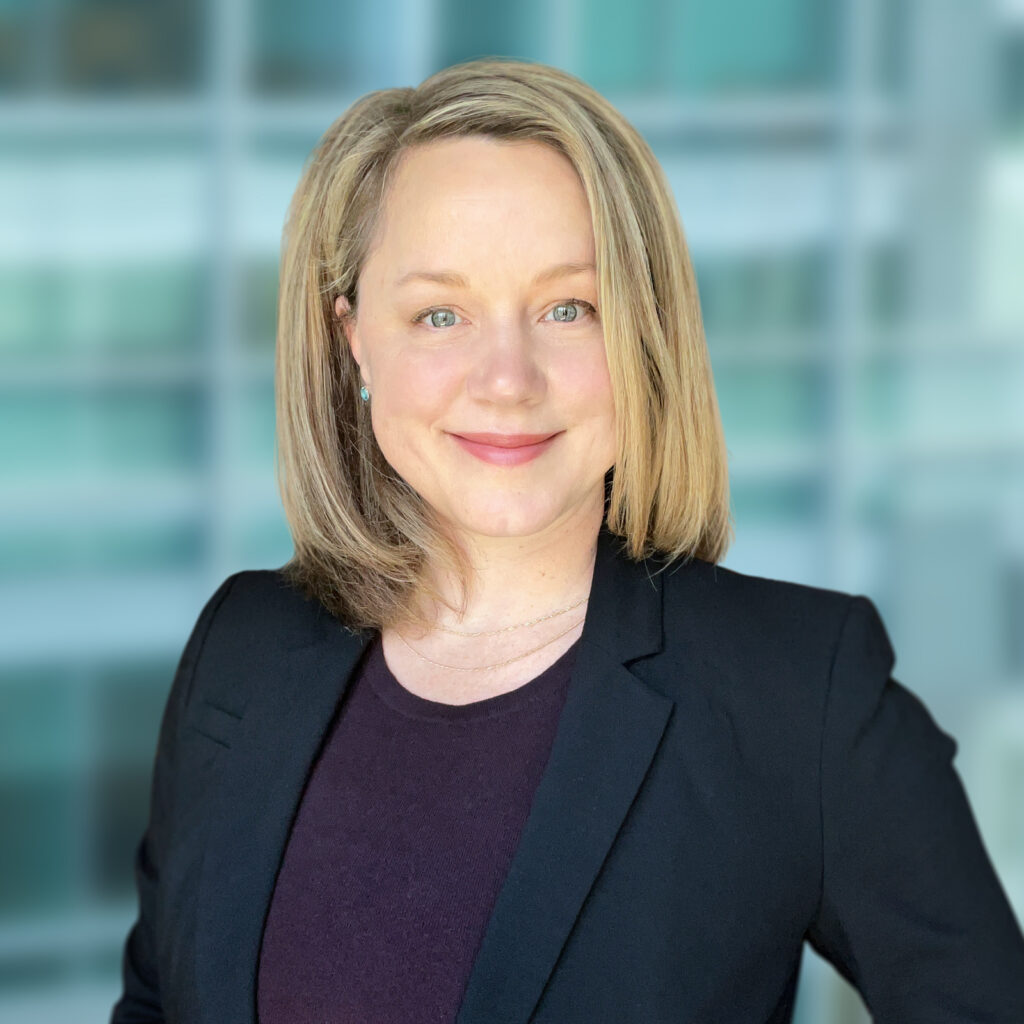
Shannon R. LaCount
Project Director
Shannon LaCount brings two decades of experience at the intersection of strategy, assessment, and innovation in higher education. As a Project Director at Sova, she leads system-level initiatives focused on strategic planning, technical assistance, and curriculum design. Shannon’s work is informed by her time as a Vice President at Anthology and Associate Vice President at Campus Labs, where she supports institutions nationwide in aligning data, people, and practice to advance student success.
With a background spanning executive leadership, ed-tech product development, and university teaching, Shannon is known for translating complex ideas into actionable strategies. At Mentor Collective, she helped design scalable student support models for universities and 2-year institutions. Earlier in her career, she served as Director of Assessment and Assistant Professor at the University of Minnesota Duluth.
Shannon also brings a forward-looking perspective to her work, having consulted with AI-driven ed tech companies focused on career attainment and equitable access. She serves on the steering committee of a northern Minnesota foundation initiative developing a community-centered AI tool designed to strengthen civic voice and community connection. She holds a Doctorate in Education from the University of Minnesota and brings a grounded perspective shaped by her early work as a speech-language pathologist. Based in Duluth, she finds joy in trail hikes with her dogs, fresh snow, and conversations that spark systems change.

Paul Markham
Senior Partner
Paul is driven by a deep desire to develop practical strategies for more equitable and sustainable forms of postsecondary education in America.
Prior to launching Sova, Paul served as Vice President for Organizational Strategy at Public Agenda and Vice President for Strategic Partnerships & Development at Achieving the Dream, Inc. Paul also served as Senior Program Officer at the Bill & Melinda Gates Foundation where he led the Foundation’s work focused on Developmental Education redesign and the creation of Pathways for student success. As a faculty member, he served as Associate Professor of Education at the University of Washington Bothell (UWB) and Assistant Professor of Interdisciplinary Studies at Western Kentucky University (WKU), both broad access universities committed to the success of all students who seek a postsecondary education.
Paul has extensive experience in building capacity for social change organizations and initiatives through his roles as Director of Strategic Partnerships & Community Engagement at UWB and Director of the ALIVE Center for Community Partnerships and Director of the Institute for Citizenship and Social Responsibility at WKU. In all these roles, Paul focused on developing organizational capacity to contribute to healthy communities, strong economies, and engaged democracy.
In the private business sector, Paul has led a number of implementation and improvement efforts as both a Process Engineer and Quality Assurance Manager.
Paul’s academic background includes a Bachelor of Science degree in Mechanical Engineering Technology from Western Kentucky University. He also completed a Master of Arts in Social Ethics from Asbury Theological Seminary, a Ph.D. in Social and Moral Development from Durham University (UK), and post-doctoral studies in Sociology from Western Kentucky University. He lives and works on Piscataway land in the DC Metro area where he spends time with his wife and three kids.
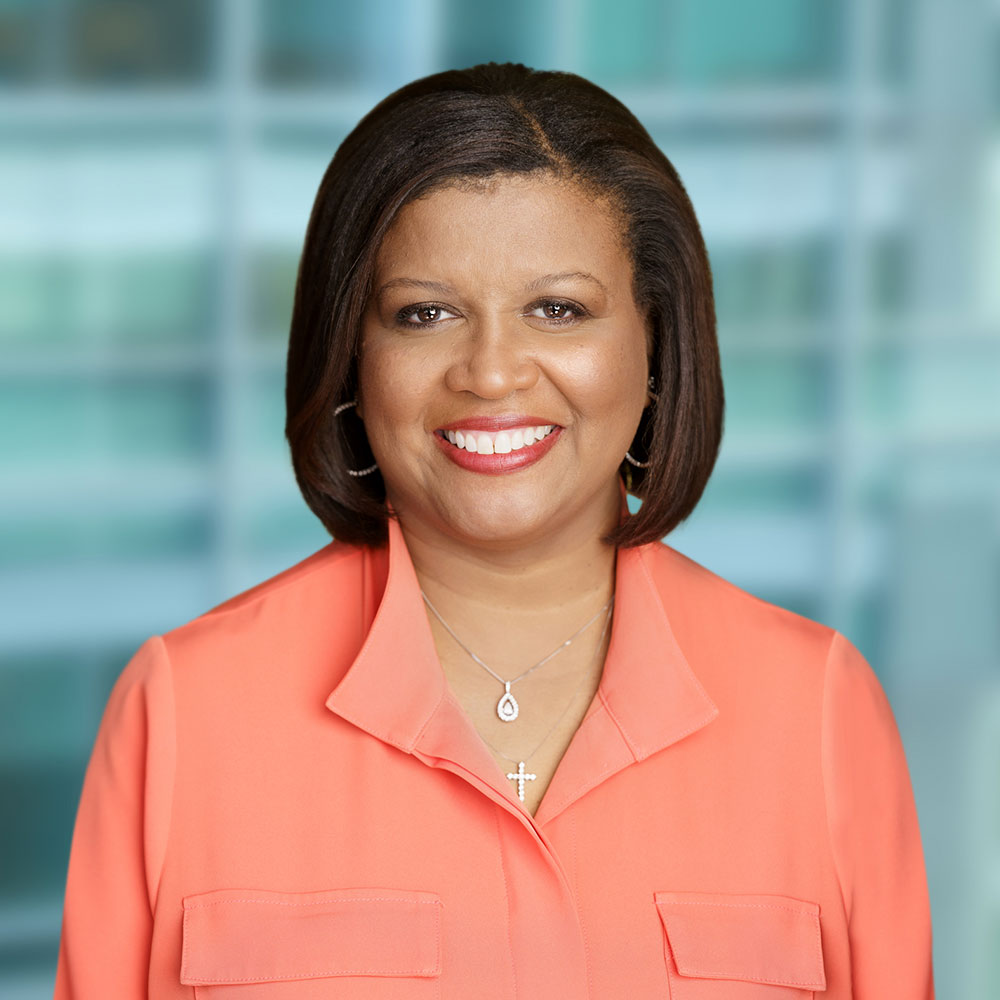
Tia McNair
Partner
With almost 30 years of experience, Tia is a nationally recognized leader on equity, inclusive excellence, high-impact practices, student success, institutional transformation and capacity-building across divisions, and campus climate. She works with educators to identify strategies to eliminate inequities in student outcomes, to improve student learning and engagement, and to examine and reimagine educational environments to support higher levels of student belonging.
In her previous senior leadership role at the American Association of Colleges and Universities (AAC&U), she directed numerous national projects, including developing partnerships with more than 70 institutions to establish Truth, Racial Healing & Transformation (TRHT) Campus Centers and the creation of a TRHT-focused Campus Climate Toolkit. She worked with hundreds of higher education institutions as the director of institutes on high-impact practices and student success, and racial healing and transformation.
Tia is the co-author of the two highly referenced books From Equity Talk to Equity Walk: Expanding Practitioner Knowledge for Racial Justice in Higher Education and Becoming a Student-Ready College: A New Culture of Leadership for Student Success. Tia is the editor of Strengthening Campus Communities Through the Truth, Racial Healing, and Transformation Framework and the co-author of Assessing Underserved Students’ Engagement in High-Impact Practices.
Tia is the 2024 recipient of the Outstanding Contribution to Higher Education Award from NASPA, and received an honorary degree in May 2023 for her national work to dismantle a false belief in a hierarchy of human value and for her efforts to advance racial equity to support the success of all students. In March 2020, Tia was named one of thirty-five outstanding women who have tackled some of higher education’s toughest challenges, exhibited extraordinary leadership skills, and made a positive difference in their communities by Diverse: Issues in Higher Education.
Tia’s experience also includes positions in college access and admissions, university relations, and federal and state agencies. For several years, Tia served as an adjunct English instructor.
Tia earned her bachelor’s degree in political science and English at James Madison University and holds an M.A. in English from Radford University and a doctorate in higher education administration from George Washington University.
Tia lives in Maryland with her husband, where they spend most of their weekends supporting their teenage son at his sporting events. They have two St. Bernard dogs, a cat, three parrots, and many fish.
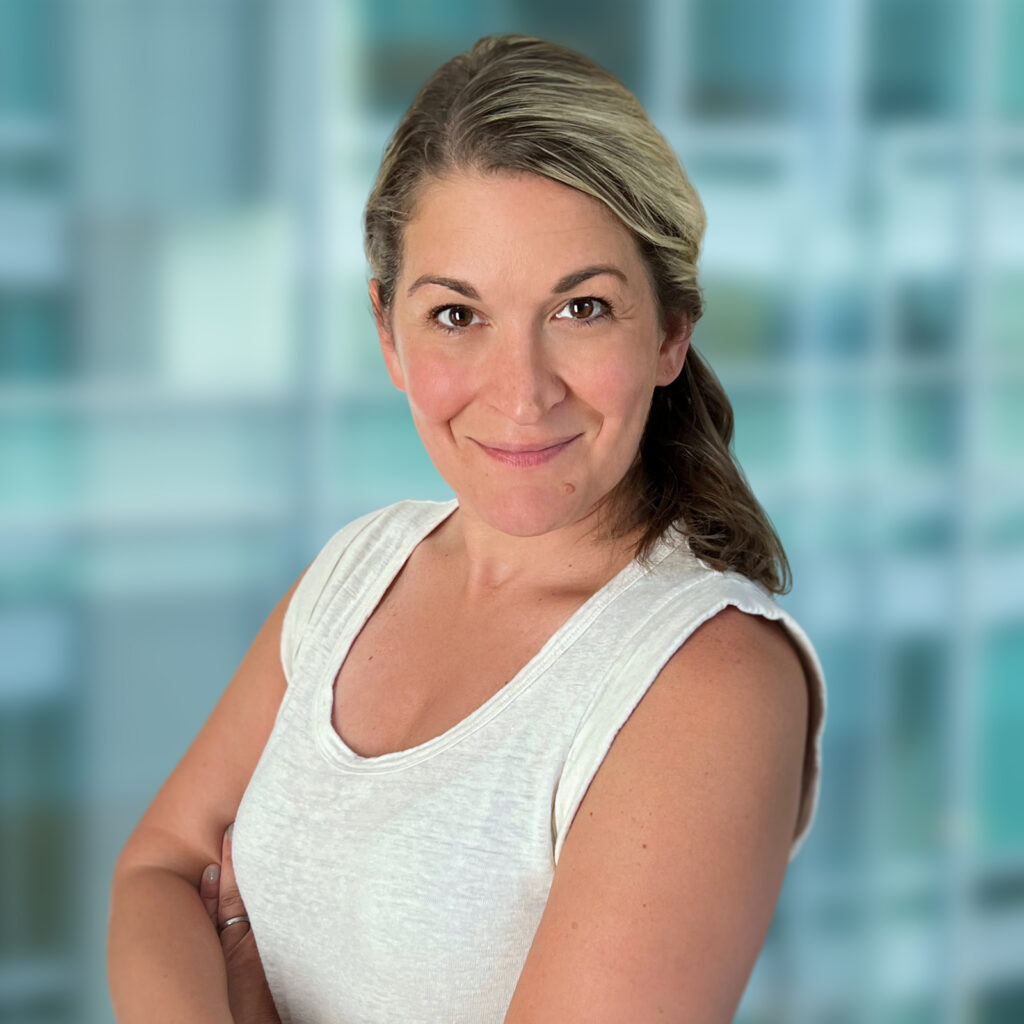
Nicole McWhirter
Project Director
Nicole believes that real change can only happen when individuals and communities become active participants in the process. By fostering a culture of open communication, inclusivity, and collaboration, she envisions a future where all voices are heard, valued, and respected. Nicole understands that sustainable and impactful change emerges when people feel a sense of ownership over their shared goals and contribute their unique perspectives and talents.
With an exceptional track record spanning more than two decades, Nicole is a highly accomplished professional adept in designing processes, leading change efforts, and crafting strategies within higher education, nonprofits, and the government. Her wealth of experience equips her to analyze complex problems within dynamic systems and implement effective programs and structures to drive positive and lasting change.
Highlights of her work include leading a major strategic reset for an international higher education association, developing and growing the business analysis and relationship management capabilities of a centralized IT department at a comprehensive research institution, leading a campus-wide administrative review and prioritization project, restructuring student fees, developing budget models for new academic programs, and implementing multiple applications aimed at improving student success and administrative efficiency.
Through her extensive experience, Nicole has honed the skills necessary to tackle complex challenges and devise innovative solutions that drive sustainable growth and improvement. Her unique combination of expertise, compassion, and dedication sets her apart as a transformation architect.
Nicole holds a master of public policy degree from the Schar School of Policy and Government at George Mason University and a bachelor of arts in American studies from Barnard College of Columbia University. She is also a certified Project Management Professional. Nicole lives and works just outside Denver, Colorado on the ancestral land of the Cheyenne (Tséstho’e), Sioux (Očhéthi Šakówiŋ), and Ute (Núu-agha-tʉvʉ-pʉ̱) people.
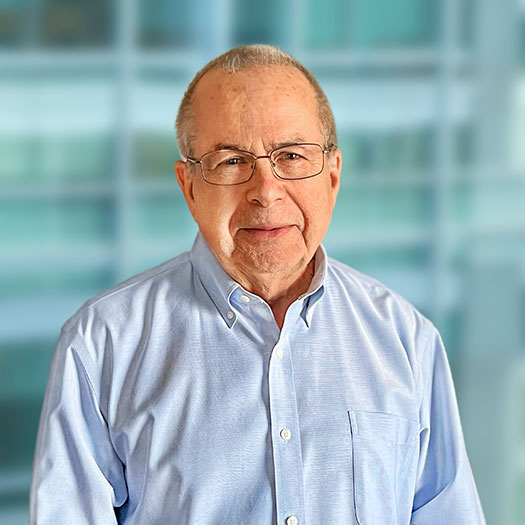
George Mehaffy
Senior Consultant
George is passionate about increasing equitable outcomes for more students through institutional redesign.
Prior to joining the Sova team, he served for 20 years as the Vice President for Academic Leadership and Change at the American Association of State Colleges and Universities (AASCU). There he was responsible for developing and managing programs for almost 400 member institutions in areas such as
leadership development, undergraduate education, technology, international education, teacher education and student success. He also worked closely with provosts at AASCU institutions, visiting more than 130 campuses. His division organized a number of national conferences, including two academic
affairs meetings annually. In 2003 he launched the American Democracy Project, focused on increasing civic engagement. Notable in his years at AASCU were his projects on student success, including the Graduation Rate Study and Re-Imagining the First Year, supported by more than $ 13 million in external funding.
George began his career in higher education as a faculty member at Eastern New Mexico University, then served for 8 years as the Director of the School of Teacher Education at San Diego State, then the largest teacher education program in California. He returned to Eastern New Mexico University as provost for 5 years, leading the initiative that resulted in Eastern receiving the Pew Leadership Award for the Renewal of Undergraduate Education.
He graduated with a BA in History from the University of Washington, taught history and government in high school for 4 years, then earned a Ph.D. at the University of Texas at Austin. He also served for 33 years in the Coast Guard Reserve, retiring as a Captain in 2000.
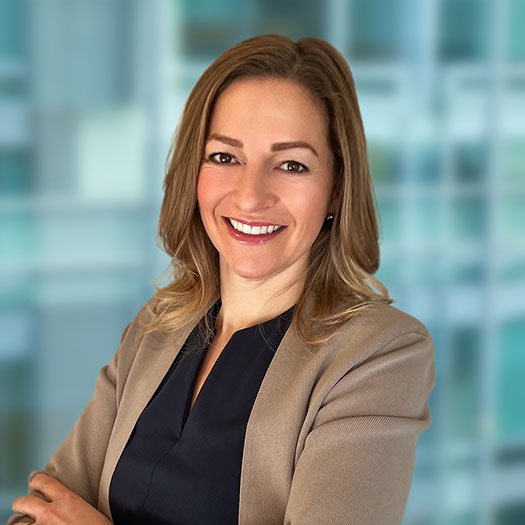
Sheila Miller Rivera
Consultant
Sheila is passionate about educational, economic, and social justice.
As a former federal work-study student, Sheila is committed to policy solutions for social mobility. Sheila develops strategies to enable successful policy implementation, works across policymaking levels and geographies, and across the education continuum with state and regional officials, institutional leaders, and advocates on issues of governance, finance, and policies aimed at improving educational equity.
Sheila previously led several policy and advocacy strategies at the Bill & Melinda Gates Foundation and served as a senior advisor to Melinda French Gates. Sheila developed and executed state portfolios in California and Georgia, initiated a coalition to build support for emergency aid and college advising, created regional strategies to advocate for P-16 reforms, and developed a COVID-19 response portfolio to enable equitable provision of the CARES Act and to influence the scaling of innovative institutional practices.
As an academic administrator at Georgetown University, she directed programs for and advised international students and scholars. Sheila began her career in the classroom, as a professor of English at the Universidad de Cantabria, Santander, Spain.
Sheila holds a Master of Public Policy from Georgetown University, completed an International Business program at Trinity College, Oxford, and holds Bachelor of Arts in Spanish and International Studies from the Clark Honors College at the University of Oregon. She serves on the Advisory Council for the College of Education at the University of Oregon, her children’s PTA, and is leading the first Girls’ Den of Pack 668 in the Chief Seattle Council, Boy Scouts of America. Sheila and her husband John are parenting two amazing kids in Coast Salish land, in the Pacific Northwest.
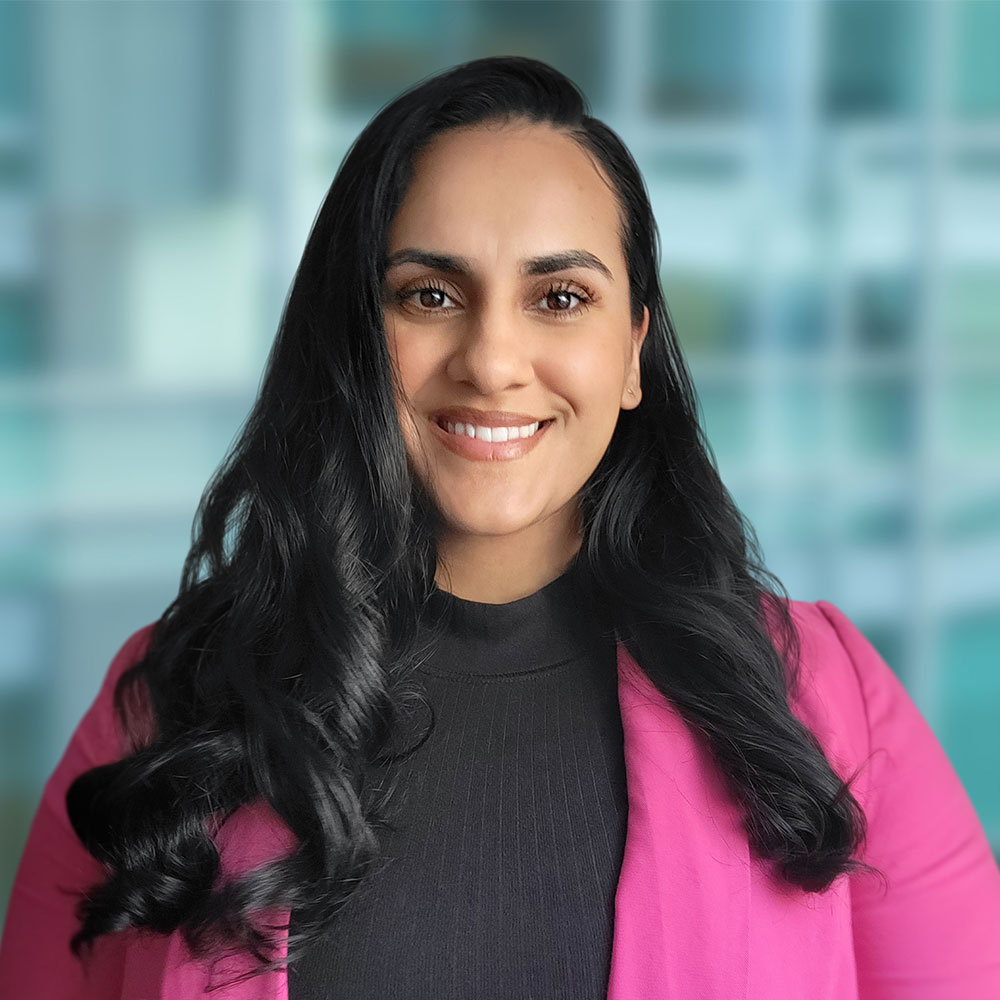
Deanna Monteiro
Project Manager
A dynamic professional with a diverse background who reflects passion in fostering inclusive environments, Deanna Monteiro began her career as a dedicated preschool teacher and quickly developed a profound understanding of the importance in nurturing a thriving learning environment for the success of childhood development.
Eager to embrace new challenges, she transitioned into the tech industry as a business administrator where she supported a customer-facing cybersecurity team. Her experience in tech expanded her skill set and heightened her awareness of the invaluable need for human connection to create an impactful user experience.
Building on her commitment to education, Deanna leverages her experiences in both teaching and technology to continue enriching learning environments where everyone has the opportunity to thrive.
Her work is grounded in a dedication to implement practices that promote diversity, equity, inclusion, and foster a culture of belonging for the next generation of students. Deanna believes in the power of education to shape a more equitable future and continues to be a driving force in creating positive change within the higher education landscape.
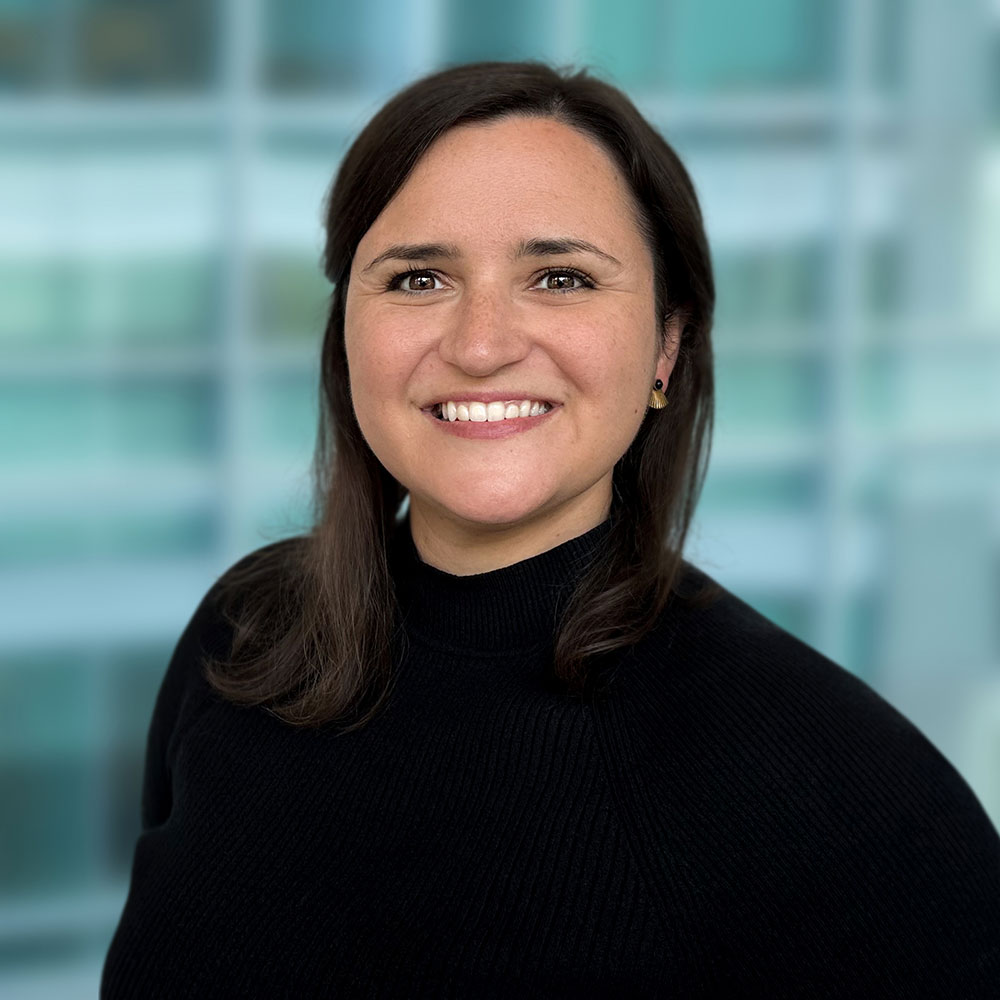
Michelle Mott
Consultant
Michelle Mott is a creative and collaborative problem-solver dedicated to advancing equitable access and success for all learners.
With over 15 years of experience in higher education policy and communications, Michelle has a proven track record of driving impactful campaigns and initiatives that expand educational opportunities and empower individuals to achieve their goals. Her work focuses on leveraging the power of advocacy and communications to drive positive change.
As director of public policy for the American Association of Collegiate Registrars and Admissions Officers, Michelle championed policies and best practices that support the development of inclusive educational environments, diverse pathways, and successful learning outcomes. In previous roles, she led advocacy efforts and communications strategies that helped to elevate the association’s legislative impact, developing compelling narratives to educate stakeholders and advance key reforms. Michelle began her career as a substitute history teacher in Mississippi.
Michelle’s passion for education and the opportunities that it can afford is deeply personal, inspired by her father’s achievements as a speaker of English as a second language and the first in his family to earn a bachelor’s degree. Her own academic journey includes a master’s degree in history and public policy from George Washington University and a bachelor’s degree in history from Millsaps College. She lives and works on Manahoac and Piscataway land in the DC metro area where she enjoys reading, cooking, and hiking with her husband and family.
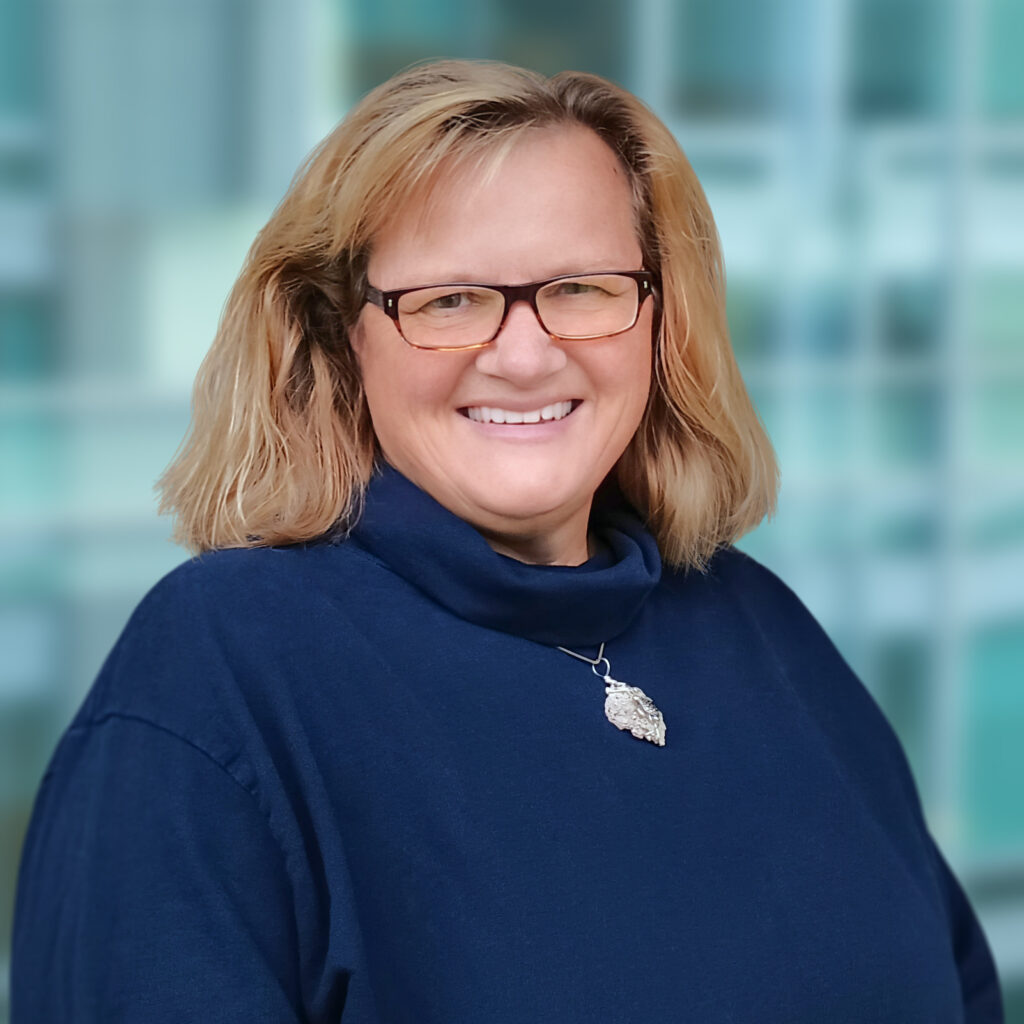
Patricia Parker
Project Director
Patricia Parker has a great passion for engaging others in positive change. With over 30 years of experience in K-12 and postsecondary education, Parker has in-depth understanding of the most pressing issues facing higher education today, including years of work leading reform in transfer, mathematics education, and developmental education. Parker also brings deep skills in the following areas: designing and leading systems-level change; engaging faculty as a peer; integrating technology with student success efforts; facilitating productive meetings; curriculum redesign; policy design and grant development.
Parker worked with both the State Council of Higher Education and the Virginia Community College System to lead one of the largest and most collaborative higher education initiatives in the Commonwealth, Transfer Virginia. Prior to beginning this work in the fall of 2018, Patricia taught mathematics in Virginia’s K-12 and community college classrooms for 28 years, served on the leadership team for Virginia’s 2012 Redesign of Developmental Education, and served as the VCCS Mathematics Pathways Project Manager (aligning mathematics courses between 2-year and 4-year institutions) from 2015-2017. She also values her experience as Department Chair at these levels. Her work on educational, curricula, and transfer reform at the institutional and state levels have proven to be both exhilarating and challenging aspects of her rewarding career.
Additionally, “The Grass Grows Green in Virginia: A Grassroots Effort Leading to Comprehensive Change in Removing Mathematics Barriers for Students”, authored by Parker, is published as part of a collaborative team for the University of Texas Charles A. Dana Center’s Emerging Issues in Mathematics Pathways monograph. While serving K-12 and Higher Education in Virginia through these initiatives, Patricia also served as a Dana Center Mathematics Pathways Facilitator supporting this work at the national level.
Patricia applies many of her skills that were developed in the classroom, as a statewide project leader, through coaching and volunteer organization leadership, and as someone trained in Appreciative Inquiry to create intimate and productive conversations in groups large and small. Energetic, collaborative, and a strong advocate for problem resolution, Patricia Parker is dedicated to serving others in education and the community at large.
Patricia lives with her husband and their two dogs in George, NC and are refurbishing the family’s farmhouse built by George himself in 1863. They have two married sons, enjoy traveling, and spend lots of time working outdoors on their 47 acre farm.
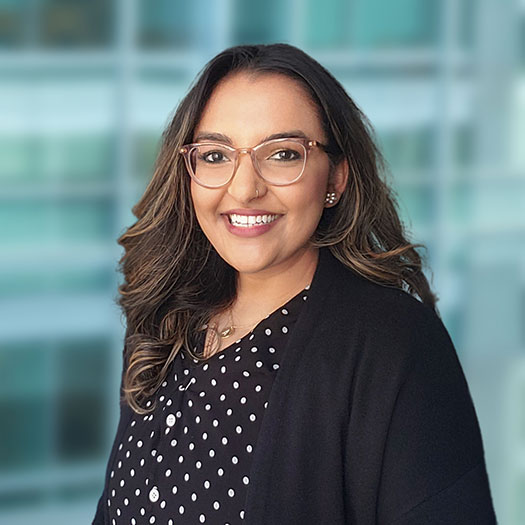
Ashmi Patel
Team Development and Equity Coach
Ashmi is a coach, connector, and listener who is passionate about helping teams create equitable environments that foster authenticity and allow individuals to discover and grow their talents. She comes with years of leadership development experience and aims to empower others to lead with empathy and their whole self.
Previously, Ashmi served as the Director of the Center for Equity, Inclusion, and Diversity at Eastfield Community College, where she developed programs to enhance students’ social and intellectual development, eliminate barriers to student access and success, and develop a culture of equity-mindedness and inclusivity. As a Program Associate at the Aspen Institute College Excellence Program, Ashmi worked on executive leadership development for aspiring community college presidents.
Ashmi holds a BA from Southern Methodist University and an MA from Rutgers University, in religious studies. She is based in Dallas, TX the lands of the Kiikaapoi, Jumanos, Tawakoni, and Wichita, where she spends her time planning her next trip abroad and adding to her record collection.
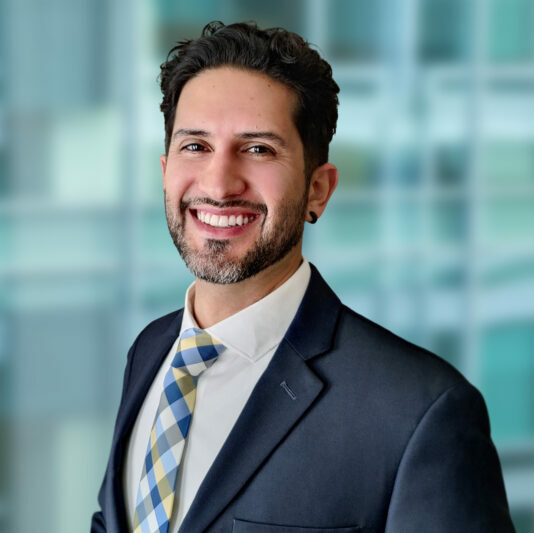
Josef Preciado
Project Manager
Josef specializes in strategy development, project management, and process design for organizations working to ensure economic opportunity and mobility. He is a strategic thinker who constantly reflects on the political, fiscal, and administrative landscapes that influence his work.
He is an experienced leader with a demonstrated history of working in multiple capacities in education for more than 19 years including as an administrator in higher education systems. As an action-oriented, bilingual Latino, Josef offers a nuanced global perspective founded on cultural competency and interest-based relationship building. He is skilled in workforce development, apprenticeship, contract education, nonprofit organizations, event planning, admissions, outreach and marketing, international education, policy analysis, career counseling, and public speaking. He also has a deep breadth of grant writing and fiscal experience managing multimillion-dollar state and federal grants.
Josef earned a bachelor’s degree (double major) in Latin American and Latino Studies and Community Studies with an emphasis in Immigration and Social Justice from the University of California, Santa Cruz and a master’s degree in Public Policy and Public Administration and Collaborative Governance from California State University, Sacramento.
He lives and works on Nisenan land in Sacramento, CA. Josef enjoys cycling, backpacking with friends and family, and escaping to the beach with his wife, Monica, while they raise their young son and a canine fur-baby, Louie.
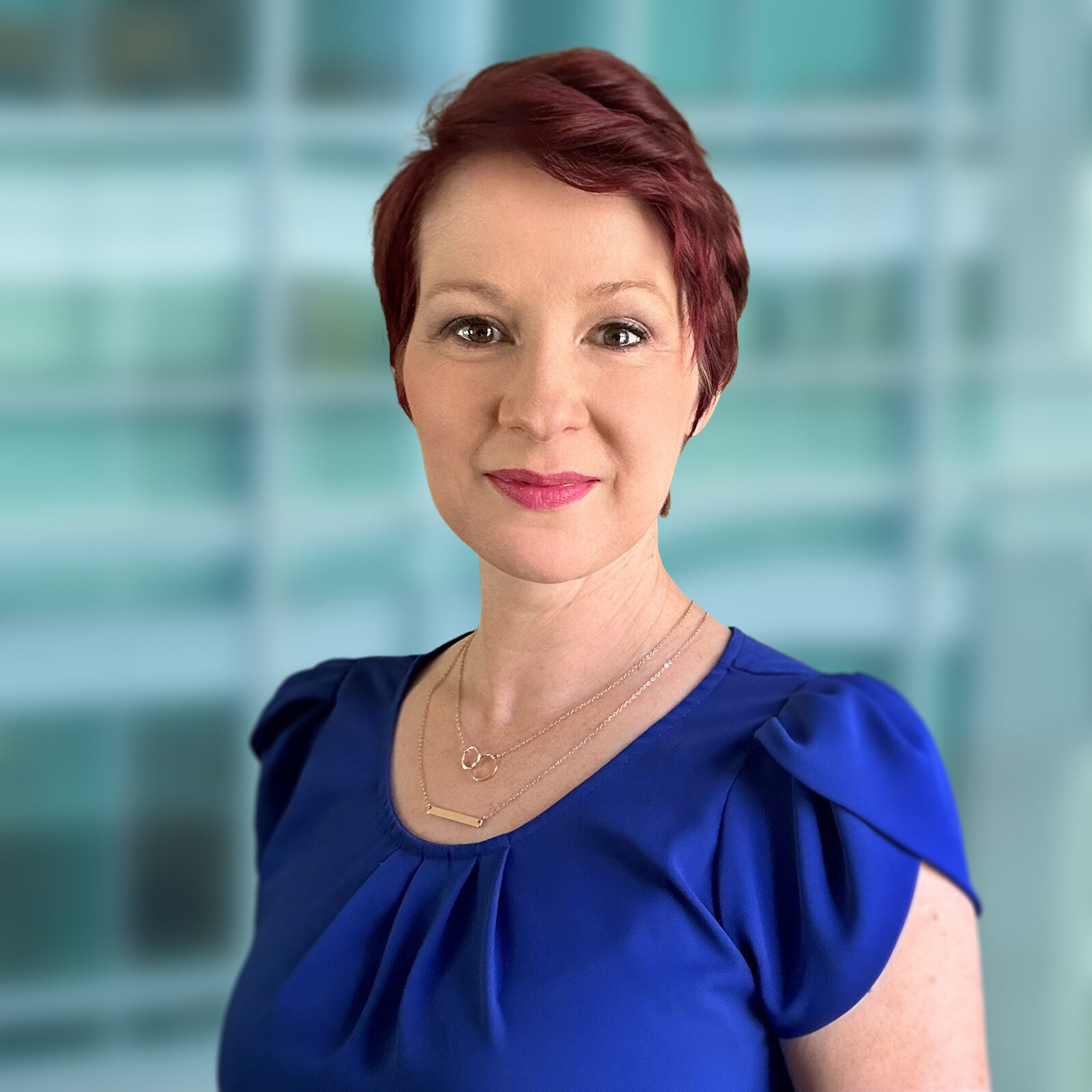
Samantha Raynor
Project Director
Samantha is a first-generation college student from a low-income background with rural roots. She discovered higher education as a career path after college, and a strong mentor encouraged her to pursue a master’s and eventually a doctoral degree. Samantha is a passionate advocate for student-centered environments that enable all students to be successful, particularly African American, Indigenous, Latinx, low-income, rural, adult learners, and transfer students.
She has had a rare breadth of experience in higher education, including, a small, rural, not-for-profit liberal arts institution, a large, public research institution, a regional comprehensive institution, and a state system. Samantha also has experience staffing, supporting, and serving on institutional and state system governing boards.
Her experiences have instigated the desire to push for systemic, lasting change that removes structural barriers impeding degree completion for all students. She has led teams of cross-functional partners and direct reports focused on solutions in the areas of transfer, adult learners and returning adult students, academic support services, executive coaching and non-cognitive skill development, math pathways, first-year summer bridge programs, academic advising and advisor professional development, adaptive learning, and more.
Samantha was most recently the Assistant Vice Provost for Strategic Student Success Initiatives at UNCG and still enjoys serving as an Adjunct Instructor in the School of Education’s Student Affairs Administration in Higher Education program. As a former institutional mid-level leader, she understands the importance of leading by influence and enjoys partnering with others to build capacity and advance initiatives. She holds a B.A. and M.A. in English Literature from North Carolina Wesleyan University and East Carolina University respectively and an Ed.D. in Higher Education Administration from The George Washington University. Samantha lives and works on ancestral lands of the Keyauwee and Saura peoples. North Carolina recognizes eight tribes, Coharie, Lumbee, Meherrin, Occaneechi Saponi, Haliwa-Saponi, Waccamaw Siouan, Sappony, and the Eastern Band of Cherokee.
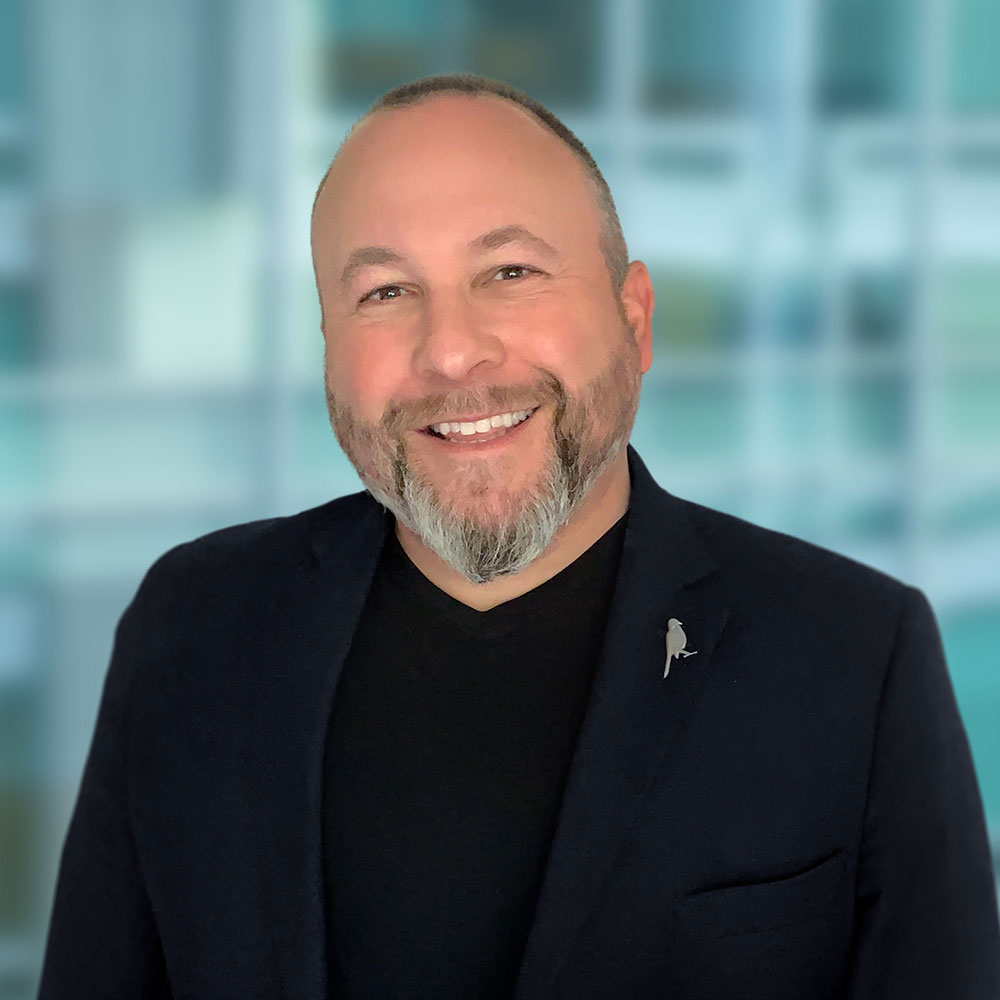
Ben Reuler
Consultant
Ben leads conversations rooted in love and antiracism. He draws on his decades of experience as a nonprofit executive director, licensed social worker, facilitator, and public speaker to support primarily white stakeholders in taking antiracist action. Advancing an agenda of equity is everyone’s responsibility; as higher ed institutions train the next generation of in changemakers to meet the moment, leaders at these institutions have an opportunity to model advancing equity by moving away from the status quo of habits that sustain institutionalized racism toward more inclusive and equity-minded organizations.
Ben loves supporting leaders and teams on this journey. He focuses on the social-emotional aspect of leadership and pulls from his cognitive-behavioral training to help leaders reach the consciousness needed to drive transformational change. During his time leading a nonprofit in Seattle, Washington, Ben and his colleagues evolved a white-founded, white-led organization into one where power was shifted to a BIPOC-led staff and board. Structures, policy, and culture changed, and employees from all backgrounds now brought their full, authentic selves to work. Morale improved. Retention improved. Representation improved. And community impact improved. Ben references this case study and leverages his lessons learned to help others meet the moment. Ben’s work has been endorsed by national leaders including Ijeoma Oluo, author of the New York Times Bestseller So You Want Talk About Race, and Ruchika Tulshyan, author of Inclusion on Purpose: An Intersectional Approach to Creating a Culture of Belonging at Work. From keynotes to training sessions to 1:1 leadership coaching, Ben simply loves helping people step into their power to make meaningful change.
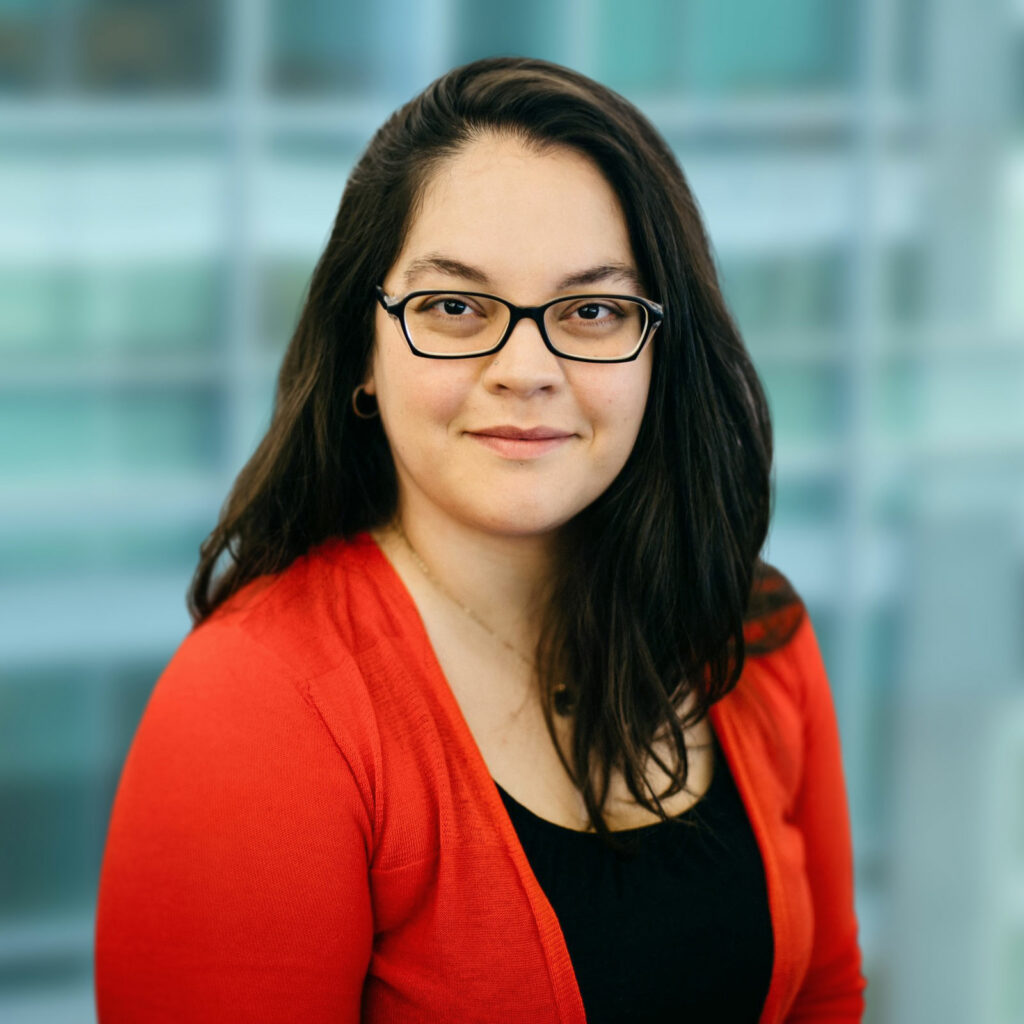
Sharon Rivera
Consultant
Sharon A. Rivera, Ph.D., PMP is an advocate for equity, access, and belonging in higher education. With over 20 years of experience in teaching, research, project management, and program design, Dr. Rivera leads a dedicated team of researchers as the assistant vice president of research, evaluation, and learning at the College Success Foundation. Her work centers on understanding best practices and program impact for college access, readiness, and success for underserved students in the middle school through postsecondary education ecosystem.
Originally from the Northeast, Dr. Rivera is a first-generation college student earning her B.S. in chemistry from SUNY Purchase College and Ph.D. in physical chemistry from Syracuse University. She is currently pursuing a M.A. from the University of Washington, Tacoma, in interdisciplinary studies with a concentration in community and social change and a certificate in science, technology, and society studies with a research focus on data, language, and belonging in higher education. Additionally, Dr. Rivera is a Project Management Institute-certified Project Management Professional.
She lives and works in Tacoma, WA, on land stolen from the Puyallup and Coast Salish People. Dr. Rivera learns and leads in service to the community.
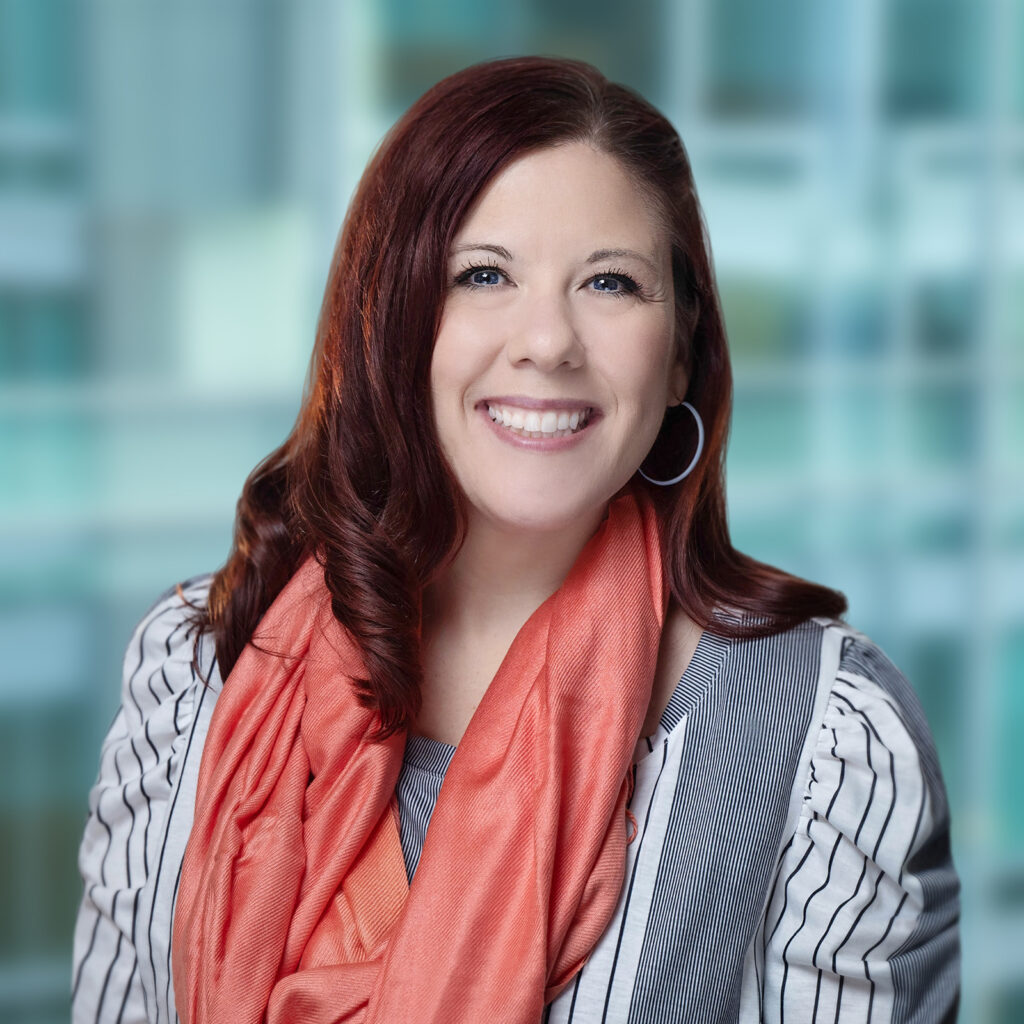
Molly Sarubbi
Project Director
Molly Sarubbi is a passionate collaborator in supporting diverse stakeholders to integrate and accelerate transformational change in the fields of higher education, philanthropy, and education policy. She combines her interdisciplinary expertise with qualitative research, understanding of systems-level solutions, and equity-centered policy and practice to scale state and P20 reform efforts. During her 15-plus years of professional leadership, Molly has led various legislative research and reform efforts, authored more than 25 publications, offered numerous speaking engagements, managed over 17 million dollars in grant funding, and provided technical assistance for multiple national partners, state systems, and institutions to positively impact equitable outcomes at scale. Her knowledge of strategic partnerships, implementation, and pathways for continuous improvement continue to serve transformation across a variety of initiatives, partnerships, and national contexts. Her current engagements include ongoing consultative services focusing on coalition building, equity capacity-building, research, and strategic project management with philanthropic entities and more than 20 additional national partner organizations.
Molly is also a co-founder of Foster Scholars, remains active with the foster youth and family advocacy community, and has been previously recognized for her commitment to inclusive excellence. She holds a Ph.D. in Higher Education with a focus on public policy, a master’s degree in Higher Education and Student Affairs, and a bachelor’s degree in Psychology. She currently resides in upstate New York, spending time on beautiful Lake Ontario with her pup, Lucie.
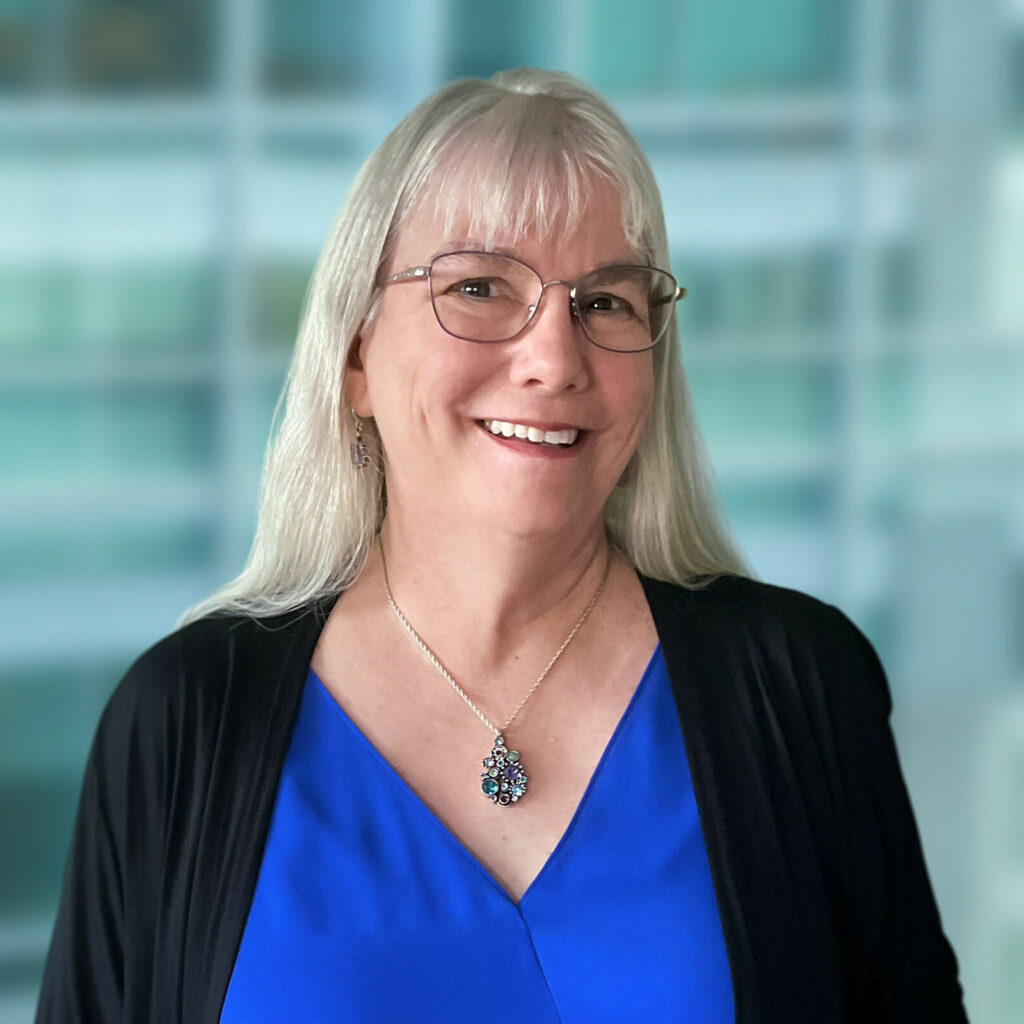
Jenny Schanker
Project Director
As a writer, researcher, and practitioner, Jenny is committed to advancing education policy and practice to unlock doors to opportunity for all students, particularly learners from low-income backgrounds and traditionally underrepresented racial groups. She has over 30 years of experience supporting higher education reform as a college faculty member, administrator, researcher, and state leader.
Jenny began her career as an English professor, teaching developmental writing and reading along with introductory college composition and literature courses in Illinois and Michigan. Along the way, she developed a passion for postsecondary education as a vehicle for advancing social justice, belonging, and equitable opportunities for students. As a faculty member and administrator at Lake Michigan College, she led the College’s Achieving the Dream initiative, co-chaired the Student Learning Outcomes Committee, and founded the Student Success Committee.
From 2011 to 2024, Jenny worked in the Center for Student Success at the Michigan Community College Association where she led the Center’s work to advance guided pathways, mathematics pathways, developmental education reform, dual enrollment, transfer, and alignment of noncredit and credit career education.
Jenny has served as a peer reviewer at the Higher Learning Commission (HLC) and is currently an HLC Scholar supporting the assessment of student learning and student success academies. She earned a B.A. from Kalamazoo College, an M.A. from DePaul University, and an Ed.D. in Community College Leadership from National Louis University. She lives and works on the ancestral land of the Pokagon Band of the Potawatomi people in Southwest Michigan.
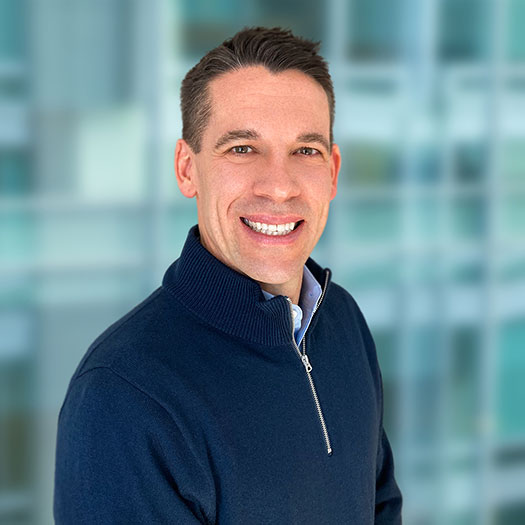
Brian Sponsler
Managing Partner

Rohit Tandon
Consultant
Driven by a deep passion for educational equity and innovation, Rohit is dedicated to empowering organizations with strategic solutions that create measurable and lasting impact for students, educators, and communities nationwide.
With over 25 years of leadership experience in education, technology, financial, and non-profit sectors, Rohit is a dynamic business transformation leader known for his strategic vision and ability to drive impactful change. He specializes in strategic advising, partnership development, program management, and large-scale business and organizational transformation initiatives. Throughout his career, Rohit has successfully led national programs that have expanded educational access for underserved communities and developed scalable models to increase diversity in higher education faculty. His efforts have secured multimillion-dollar funding and forged strategic partnerships with leading educational institutions and organizations.
For the past 10 years, Rohit served as Principal at edBridge Partners, where he played a pivotal role in helping K-12 and higher education institutions, membership organizations, and philanthropic foundations achieve their missions and improve student outcomes. Before that, he held senior leadership roles at The College Board, driving strategic initiatives to expand educational access, and at PBS/WNET, he managed critical financial and business intelligence systems for a major non-profit media organization. Rohit’s extensive experience includes leadership positions at Deutsche Bank, Charles Schwab, and Jupiter Media Metrix, where he spearheaded corporate systems transformation and operational efficiency projects.
Rohit holds an MBA in International Management with honors from Fordham University’s Gabelli School of Business and a B.S. in Economics from Carnegie Mellon University. As a certified Project Management Professional (PMP®), he is a recognized expert and a frequent speaker at national education conferences. He lives in Loudoun County, Virginia, with his wife, two teenage boys and one rambunctious labradoodle on land originally home to Indigenous peoples, including the Piscataway, Doeg, and Monacan tribes.
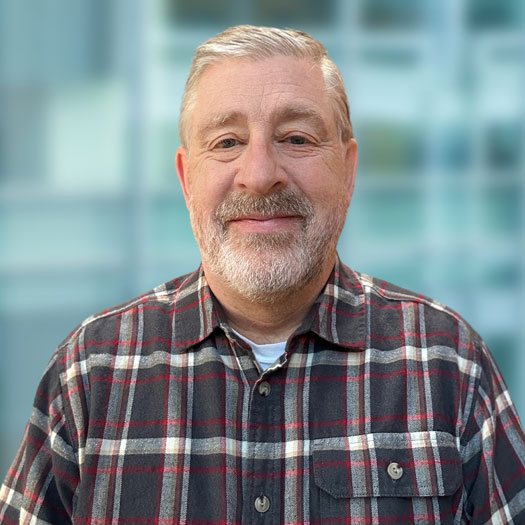
Bruce Vandal
Senior Consultant
Bruce Vandal has over 30 years of experience working with states, systems, communities, and institutions to ensure equitable access and success in higher education for students from low-income backgrounds and other underserved communities. He has worked with states and systems on how to design and scale evidence-based student success reforms to achieve maximum impact. He has expertise in institutional coaching, policy research and design, system-level support for student success reforms, evaluation and continuous improvement, fund development, and strategic planning. Bruce is a national expert on developmental education reform, particularly the adoption of state and system approaches for scaling corequisite support, math pathways, and high school GPA as a primary measure for course placement. Bruce has a Ph.D. in Education Policy and Administration from the University of Minnesota. He lives in St. Paul, Minnesota with his spouse and spends his free time watching his beloved Minnesota Twins, going to local restaurants, biking, and building his vinyl record collection.
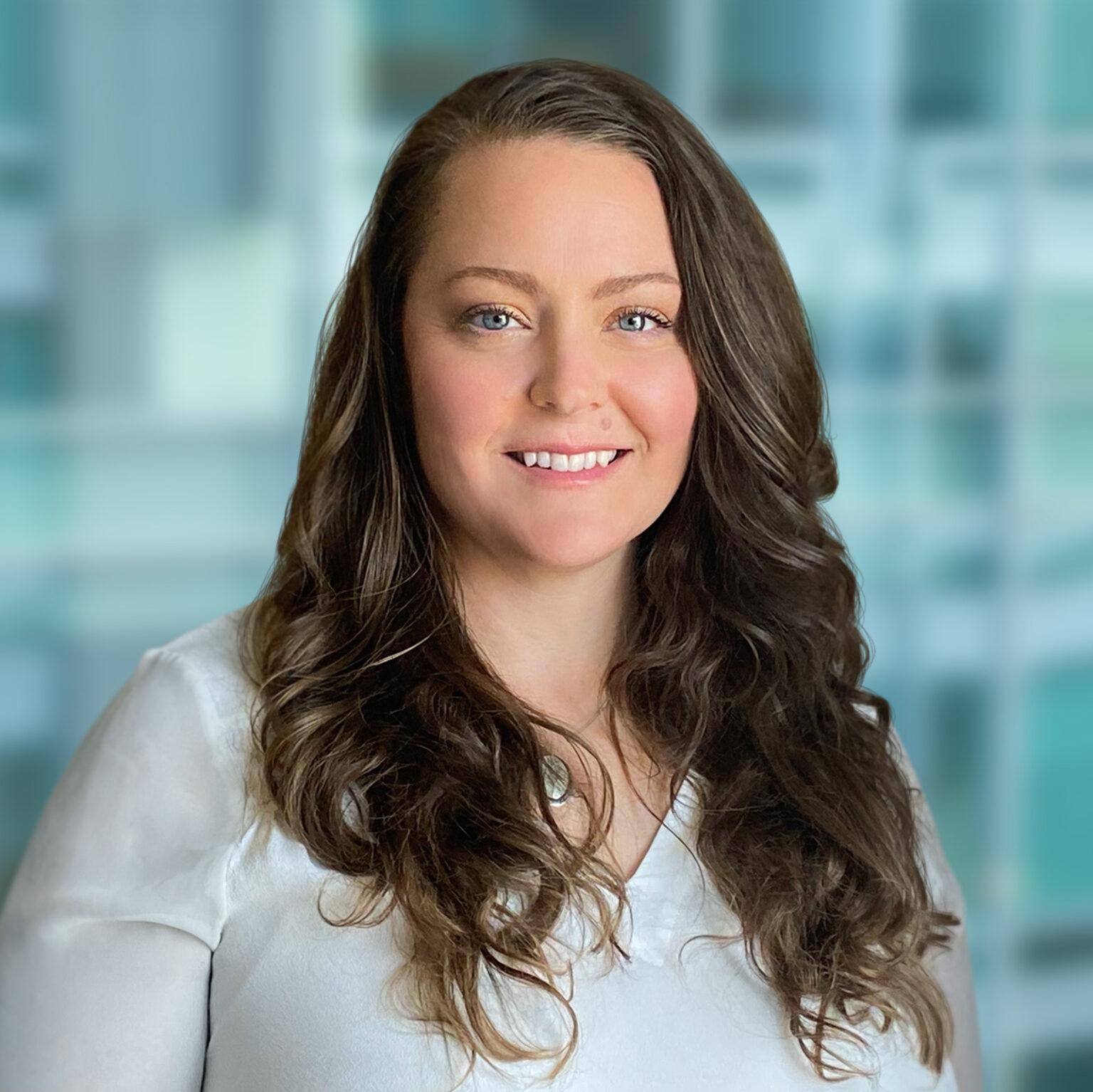
Melissa A. Welker
Project Director
Melissa passionately connects social justice and education as the foundation of her belief that change is possible when centered on designing environments where everyone can thrive. Melissa is a systems-level, equity-focused coach and strategist, and her experiences in higher education at institutions and the national level have shaped her practices and approaches to working with individuals and organizations.
Since 2001, she has served in different positions within higher education where she harnessed data to design, refine, and innovate student success initiatives. She has coached personnel in examining structures and processes for inequities and partnered with various divisions to strengthen approaches to serving students and employees. Her career consists of experiences at small private colleges, a large regional university for nearly 16 years, and the American Association of State Colleges and Universities (AASCU).
Melissa earned a bachelor’s degree in Business with an emphasis in Marketing from University of Northern Colorado and a master’s in Education with an emphasis in Counseling/Student Affairs from Northern Arizona University.
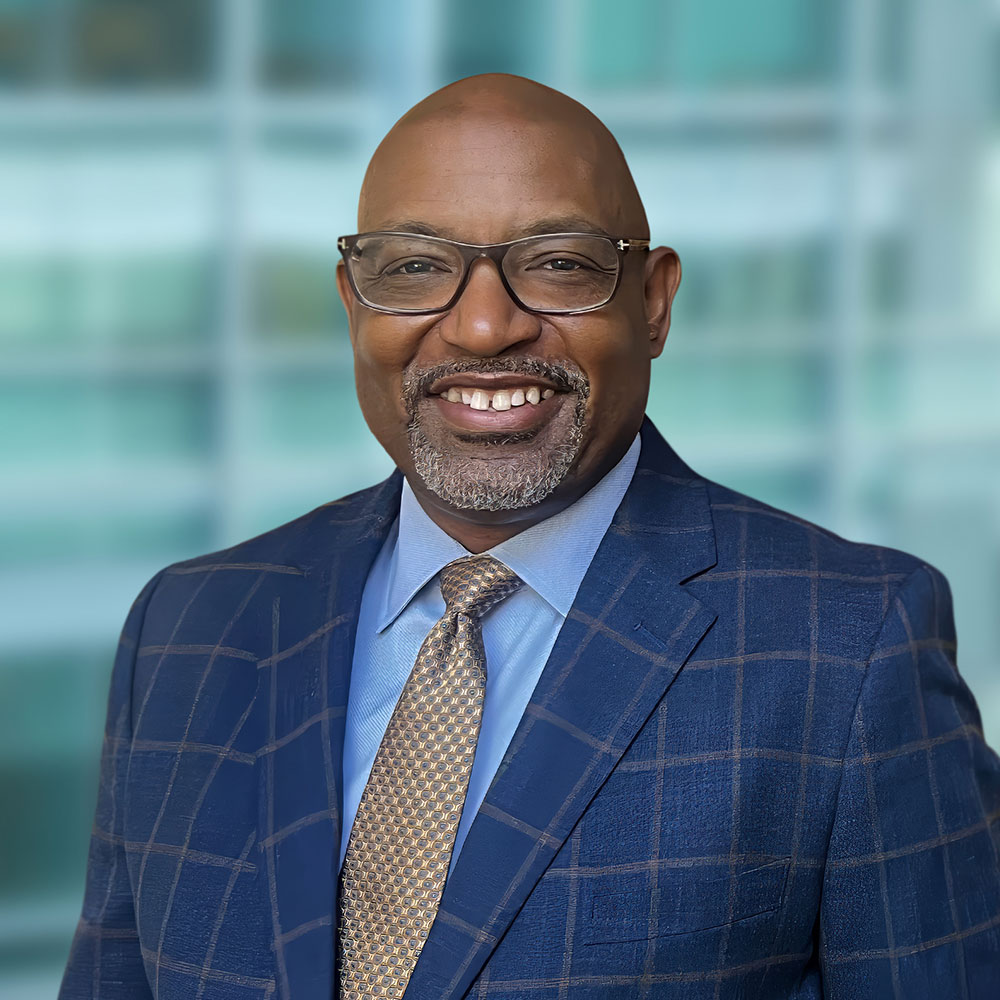
Byron White
Senior Consultant
Byron is a partnership strategist who has spent his career as a journalist and administrator in academic, corporate, non-profit, and public sectors, facilitating mutually beneficial engagement between institutions and urban communities. As Associate Provost for Urban Research and Community Engagement at the University of North Carolina Charlotte, he has overseen urbanCORE (Community-Oriented Research and Engagement), an office charged with connecting the University’s interdisciplinary, academic resources to community assets to co-produce transformative solutions to societal issues. He also has an Affiliate Faculty appointment in the UNC Charlotte’s Department of Educational Leadership.
Before serving in his role at UNC Charlotte, Byron held several leadership positions that allowed him to drive change and make a significant impact. He was the Executive Director of Strive Partnership, a Cincinnati-based collective impact organization focused on education improvement for urban learners from cradle to career, and a Vice President of its sponsor organization, Knowledge Works Foundation. He also served as Vice President for University Engagement and Chief Diversity Officer at Cleveland State University, Vice Chancellor for Economic Advancement for the University System of Ohio, and Associate Vice President for Community Engagement at Xavier University in Cincinnati, where he was the founding director of the Eigel Center for Community Engaged Learning.
Byron began his career as a newspaper journalist, serving as the editorial page editor of The Cincinnati Post, and as an editorial writer for the Chicago Tribune and editor of the Tribune’s Urban Affairs Team. He later became the Tribune’s senior manager for community relations. Between newspaper stints, Byron was active in community development efforts as founding director of the Conference of Walnut Hills Churches for Community Economic Development in Cincinnati and as a consultant to community-based organizations on Chicago’s West Side through the Asset-Based Community Development Institute at DePaul University, on whose national board he serves.
Byron’s academic achievements are a testament to his dedication and expertise in the field of higher education. He is on the Advisory Board of the E.W. Scripps School of Journalism at Ohio University and holds a doctorate in higher education management from the University of Pennsylvania, a master’s degree in social science from the University of Chicago, and a bachelor’s degree in journalism from the Honors Tutorial College at Ohio University. Byron has five adult children who reside from Los Angeles to Boston and five granddaughters. He lives in Charlotte and enjoys camping in the mountains, golfing and playing the saxophone.
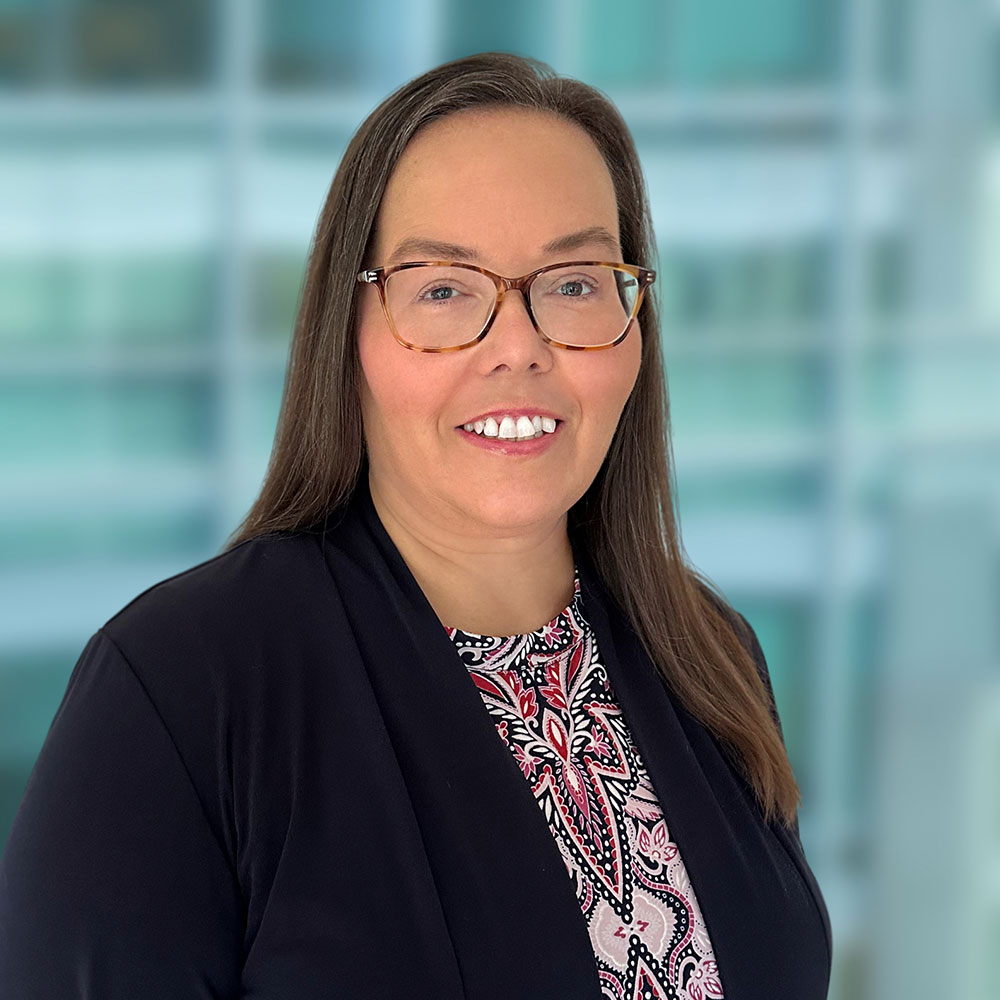
Sarah Whitley
Principal
Sarah E. Whitley is a dedicated advocate for advancing equitable outcomes for first-generation college students and fostering the systemic change across higher education that is necessary for success. As a first-generation college graduate and transfer student, she fundamentally understands the personal and generational impact that higher education can have on this important population.
In 2017, Sarah joined NASPA as the inaugural leader of the Center for First-generation Student Success, the national source for first-generation scholarly knowledge, data, insights, and professional development. Sarah scaled the First Scholars Network, a multi-phase approach to systemic change serving 400+ institutions of higher education, designed through an intentional theory of change and continuous improvement framework. Understanding the need for professional development, Sarah established the First-generation Student Success Conference as part of the NASPA Conferences on Student Success in Higher Education. To elevate the identity, she partnered with the Council for Opportunity in Education (COE) to establish National First-Generation College Celebration and a grant opportunity awarding funds to over 200 institutions. Most recently, Sarah served as executive vice president where she was engaged in advancing partnerships and fostering philanthropic support.
A frequent speaker and active scholar-researcher, Sarah is author to numerous publications including two acclaimed national landscape reports and a set of national data fact sheets on first-generation student success. Sarah established the Journal for First-generation Student Success, the first academic peer-reviewed journal on this topic, and CatalystFIRST, a speaking engagement service connecting first-generation success experts with conferences, events, and workshops across the country.
With over 20 years of experience, Sarah understands the challenges facing higher education as she has served as a faculty member, campus administrator, researcher, and association executive. In addition to her expertise on first-generation topics, Sarah’s work and scholarship focuses on broad issues of inequality in higher education, systemic institutional change, strategic planning and continuous improvement, student transitions across the lifecycle, and university governance.
Sarah earned a Ph.D. in higher education from the University of Virginia, an M.Ed. in college student personnel administration from James Madison University, a B.S. in political science from Longwood College, and an A.S. degree from Richard Bland College. She is a 2010 graduate of the HERS Bryn Mawr Summer Institute. Sarah resides in Harrisonburg, VA with her partner, three children, and rescue pup.
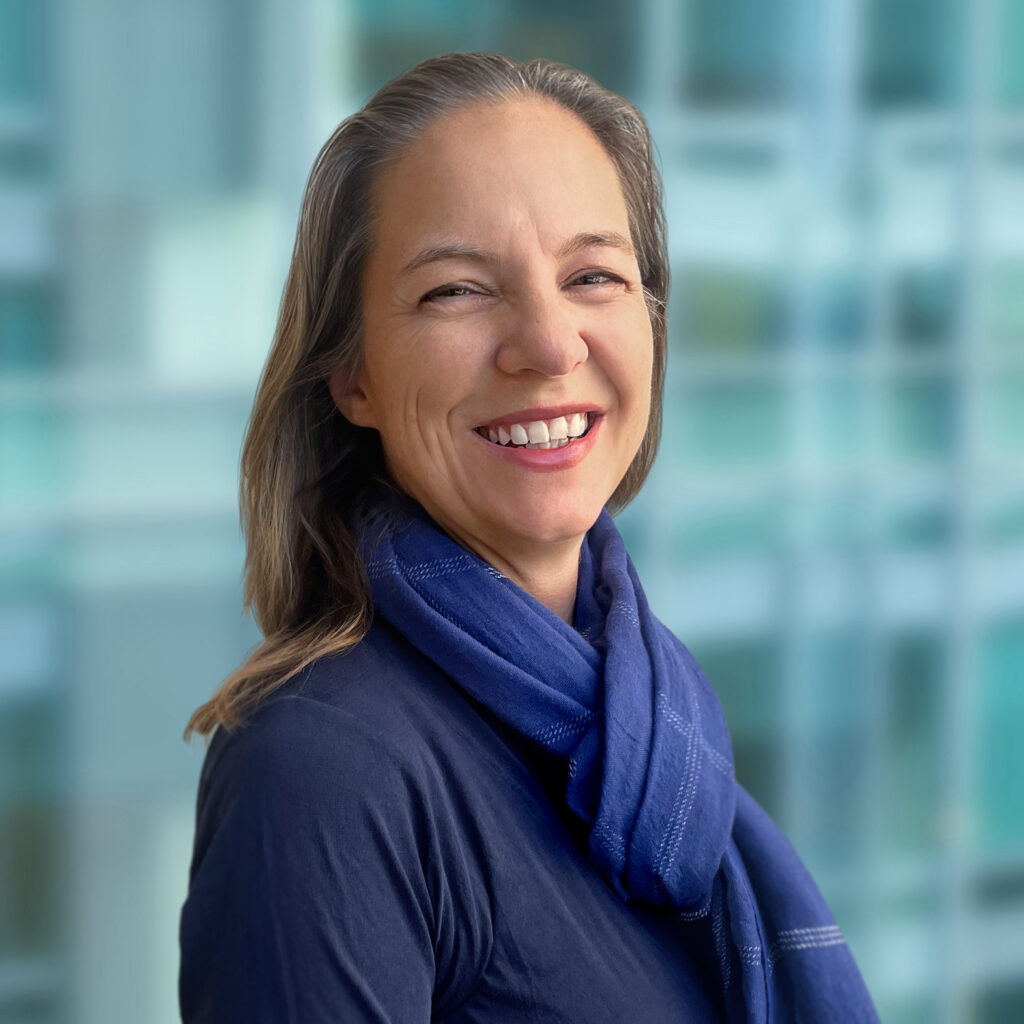
Peta Williams
Consultant
Peta is a futurist who has always had a passion for organizing and systematizing.
Peta has a BSc in Psychology and MSc in Human-Centred Computer Systems. She has spent the majority of her career assisting nonprofits and organizations in other sectors with implementing systems and processes to simplify their work. There’s nothing she loves more than a big mess of spreadsheets and lost documents to wrangle into order.
Originally from the UK, and spending most of her adult life in British Columbia, Canada, Peta moved onto a sailboat with her three children and husband for three years until docking in the Bahamas and never leaving. She now spends her weekends replanting mangroves lost to hurricanes and climate change.
Peta loved technology from the moment she met her first Apple II and has dedicated her career to lessening the frustrations of technology for others so they can spend their time doing what they are passionate about. She strives to find ways to reduce the digital divide around the world.
After contracting for Sova in 2019, she found Sova’s equity work so inspiring, she never left!
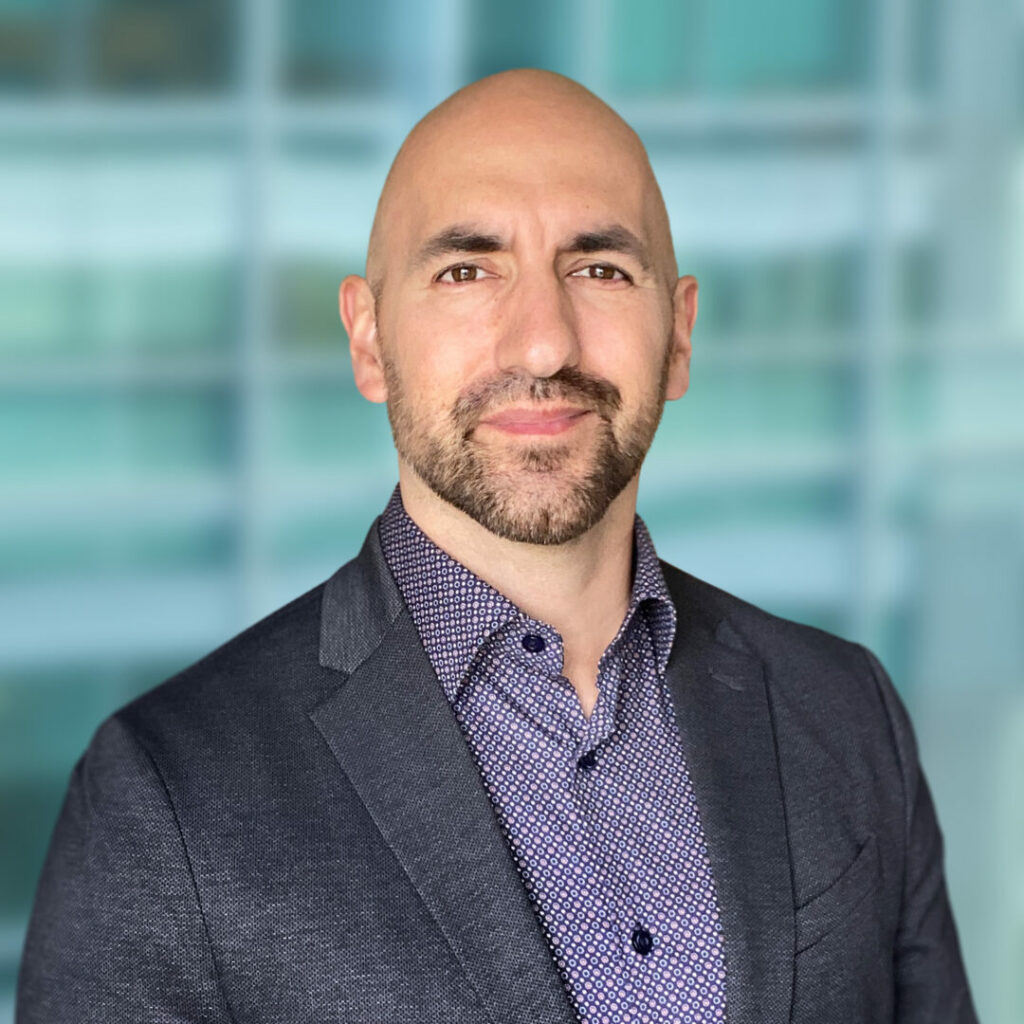
Mark Wilson
Media Consultant and
Cultural Liaison
Mark L. Wilson, founder of New Leonard Media, LLC (NLM) and a proud member of the Grand Traverse Band of Ottawa and Chippewa Indians (GTB), stands out as a dynamic and versatile individual with a rich background in multimedia, entertainment, and leadership. Armed with a Master’s in Public Administration and a Bachelor’s in Integrative Studies, focusing on Tribal Governance, Mark’s commitment extends beyond academia into deep involvement in tribal and local government, as well as community-based organizations.
Mark’s leadership roles include serving as Vice Chair of the GTB Tribal Council and as Mayor Pro Tem for the City of Traverse City. This unique blend of tribal and local government experiences has provided him with a distinctive perspective on higher education, highlighting the transformative power of accessible learning—illustrated vividly by his own educational journey from a G.E.D. to a master’s degree.
Engaging at both local and national levels, Mark has played a role in addressing complex issues impacting Indian Country. Through tribal service with GTB and NLM, he collaborated with esteemed organizations such as the National Congress of American Indians, the Midwest Alliance of Sovereign Tribes, and the United Tribes of Michigan, actively participating in discussions on Capitol Hill.
Beyond his civic roles, Mark is a lifelong DJ deeply passionate about Hip Hop Culture, infusing creativity into his impactful endeavors. His commitment to ethical business practices, community well-being, and amplifying underrepresented voices echoes throughout his diverse ventures. Mark’s extensive network, nurtured over years of collaboration, serves a higher purpose: ensuring that every voice finds resonance for the betterment of both current and future generations.
